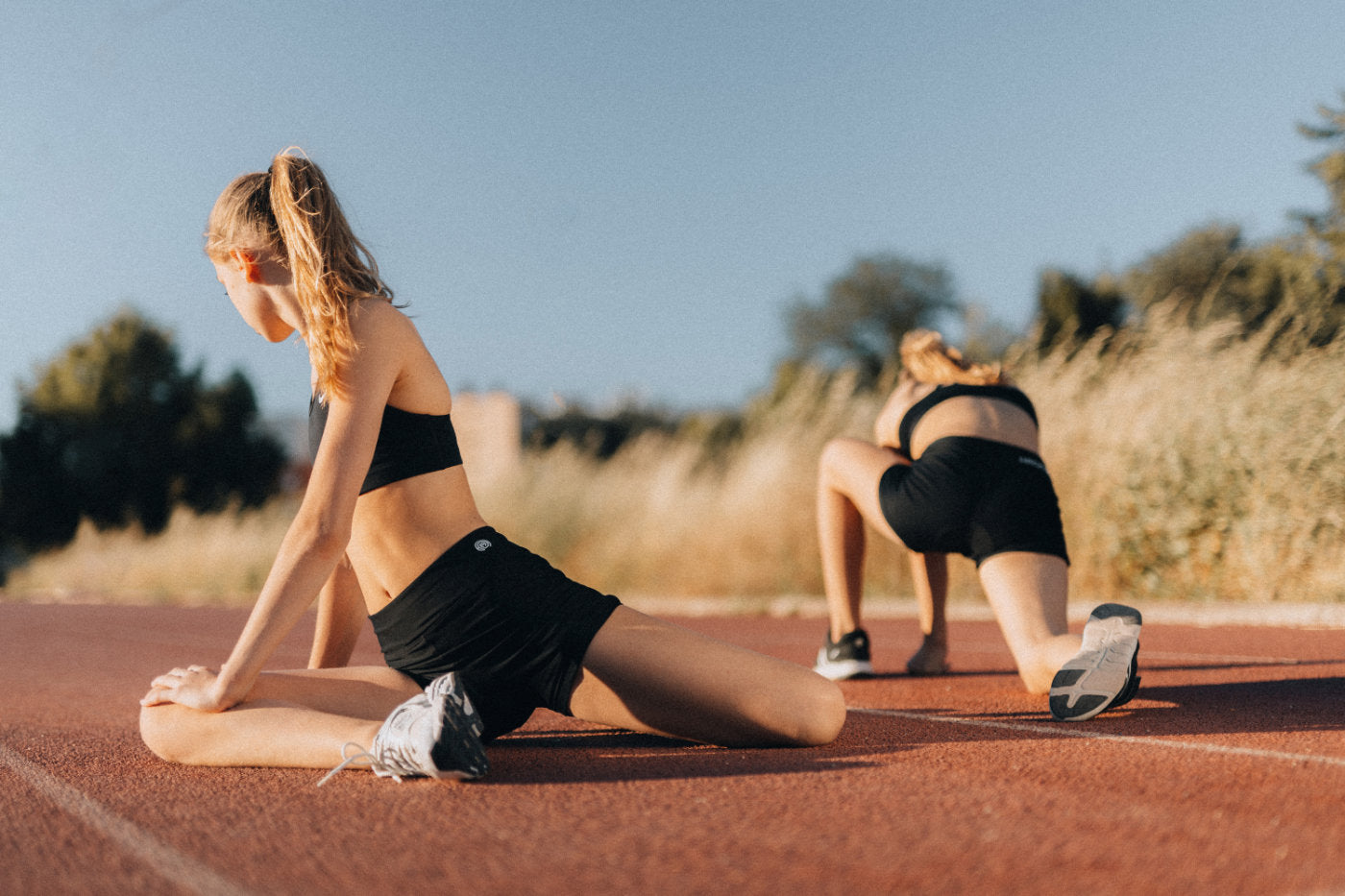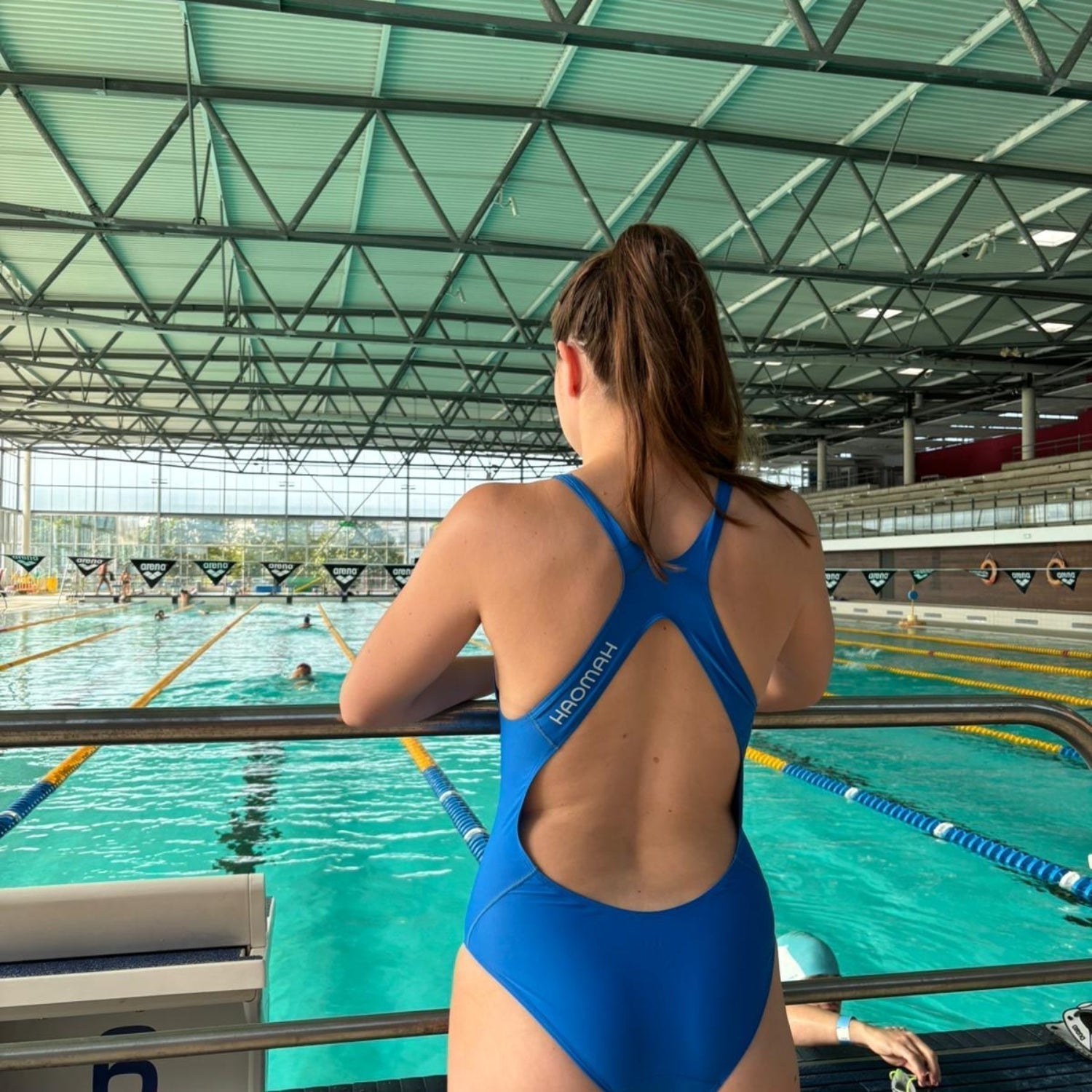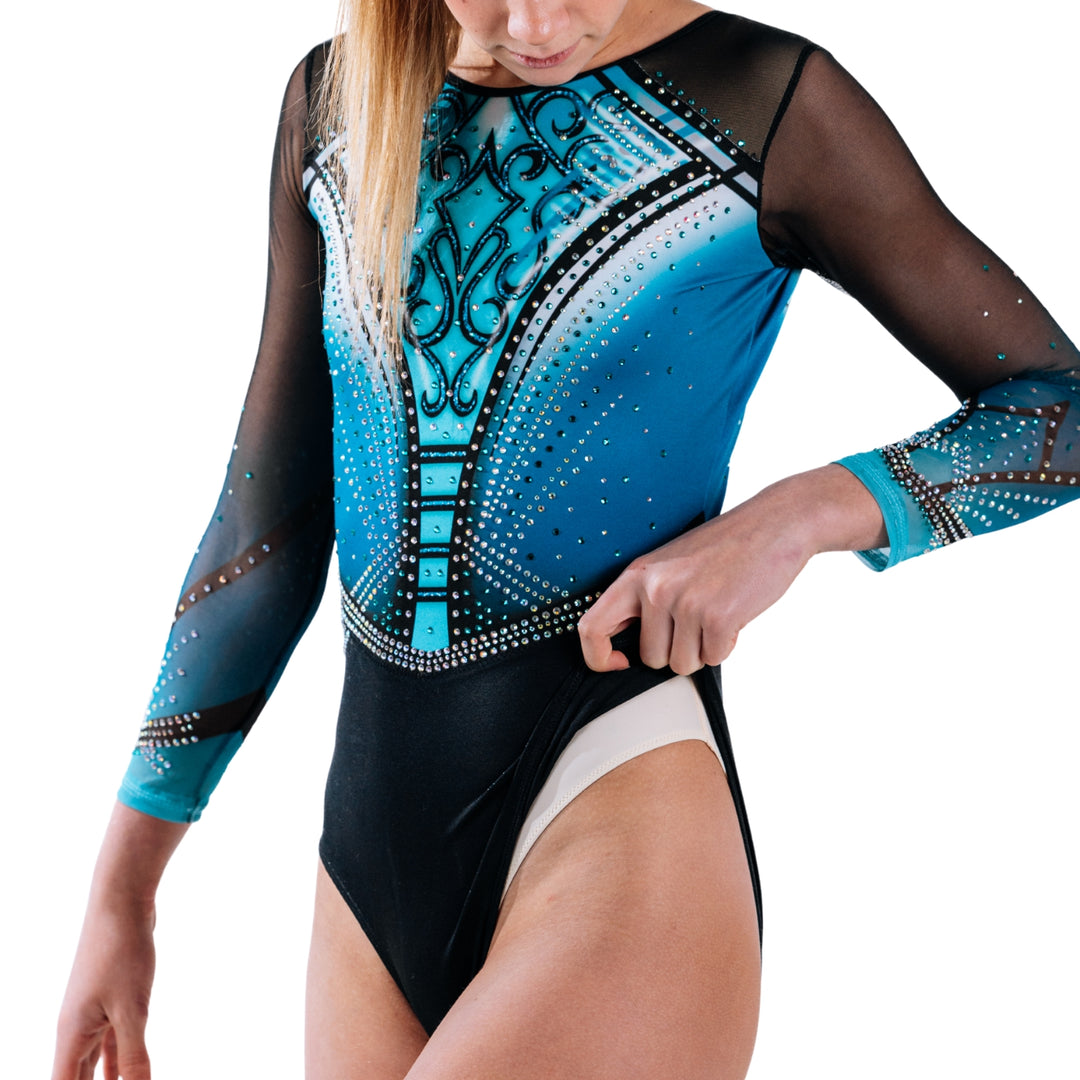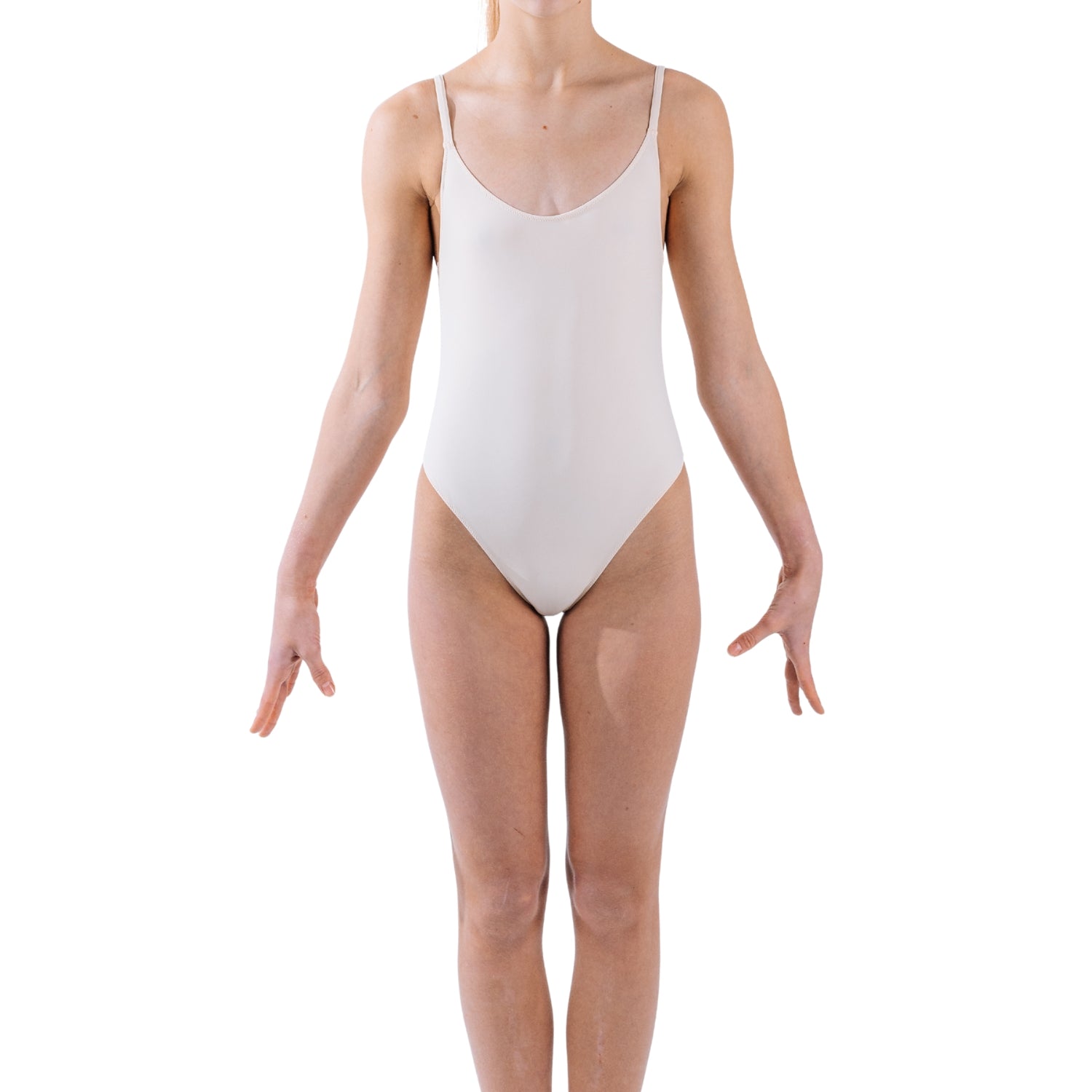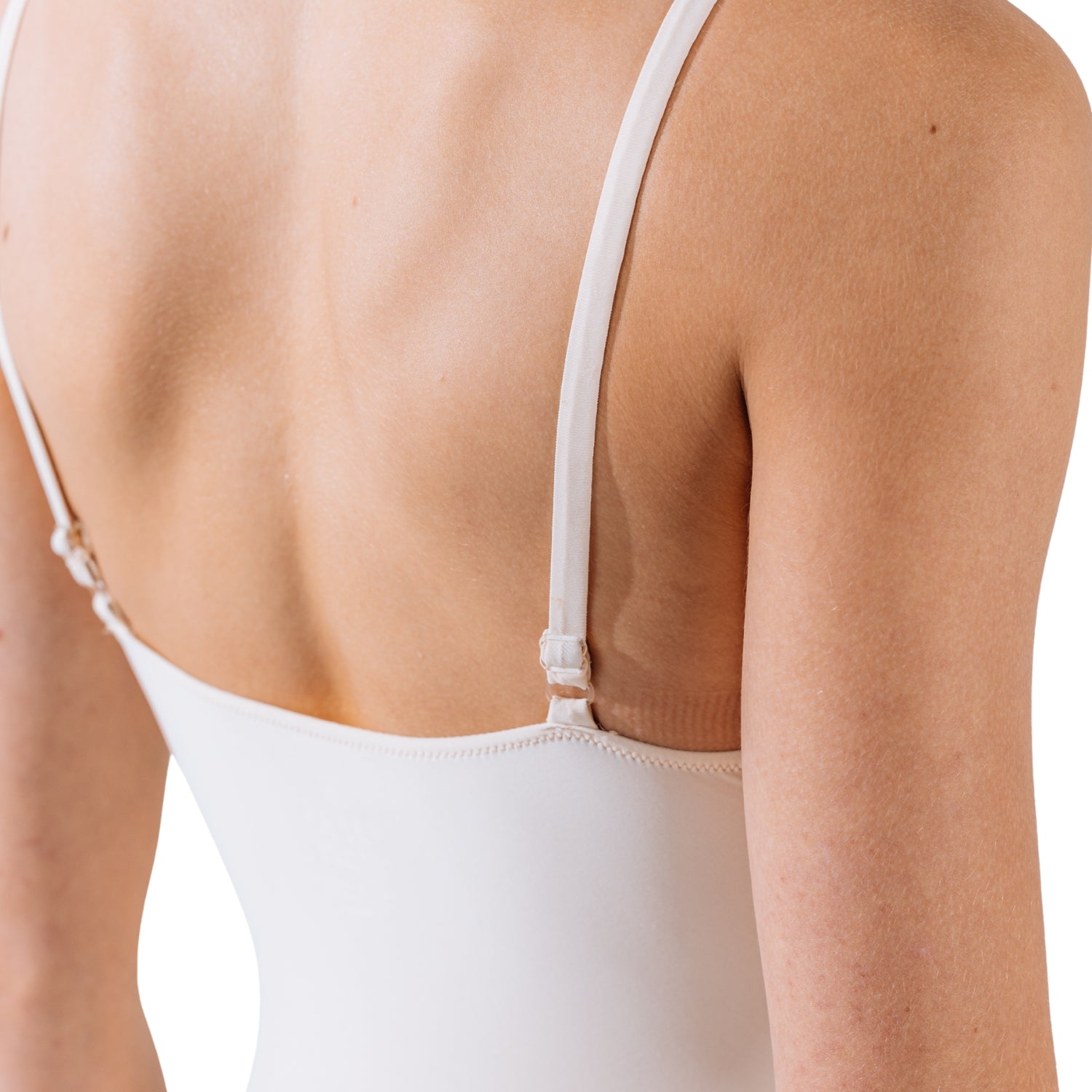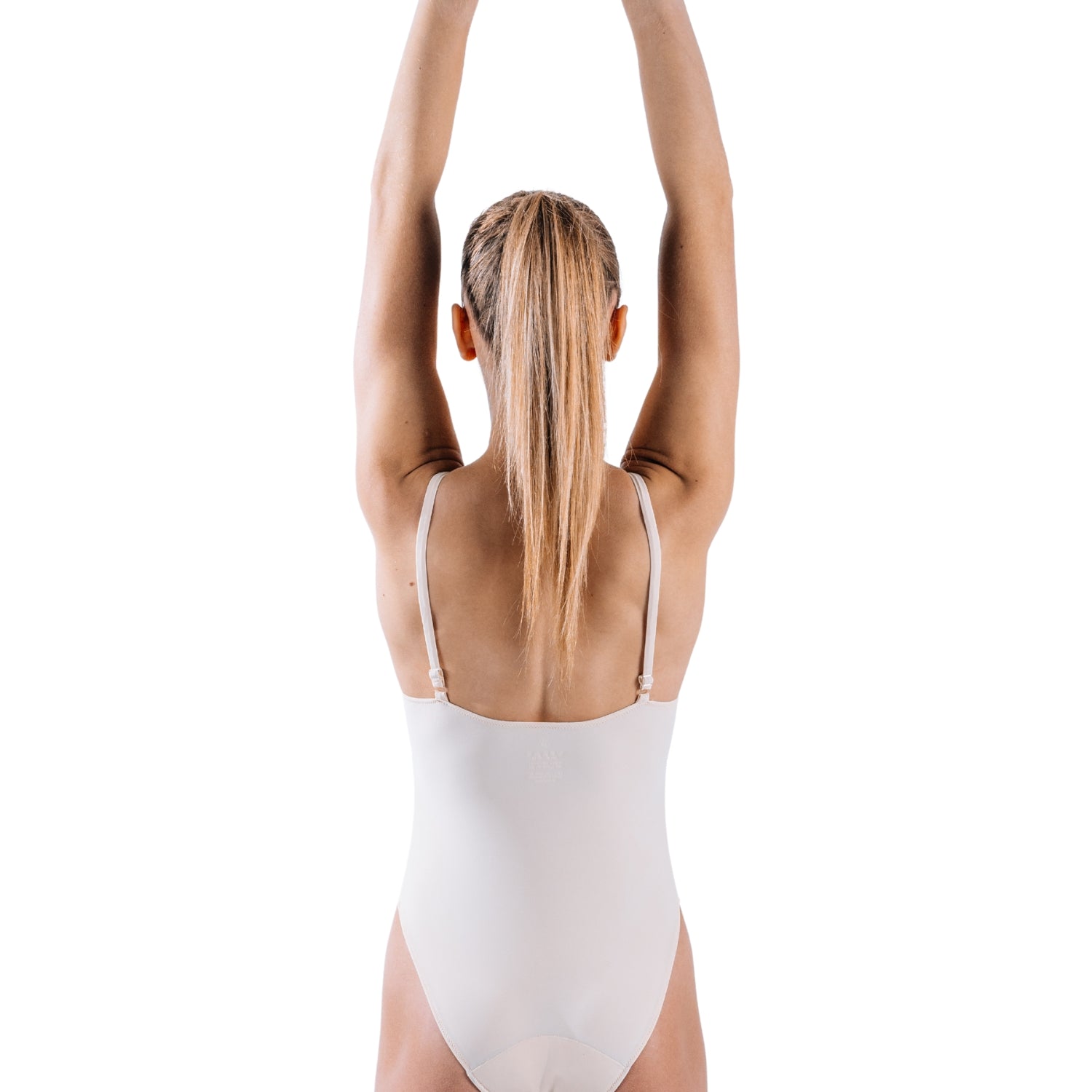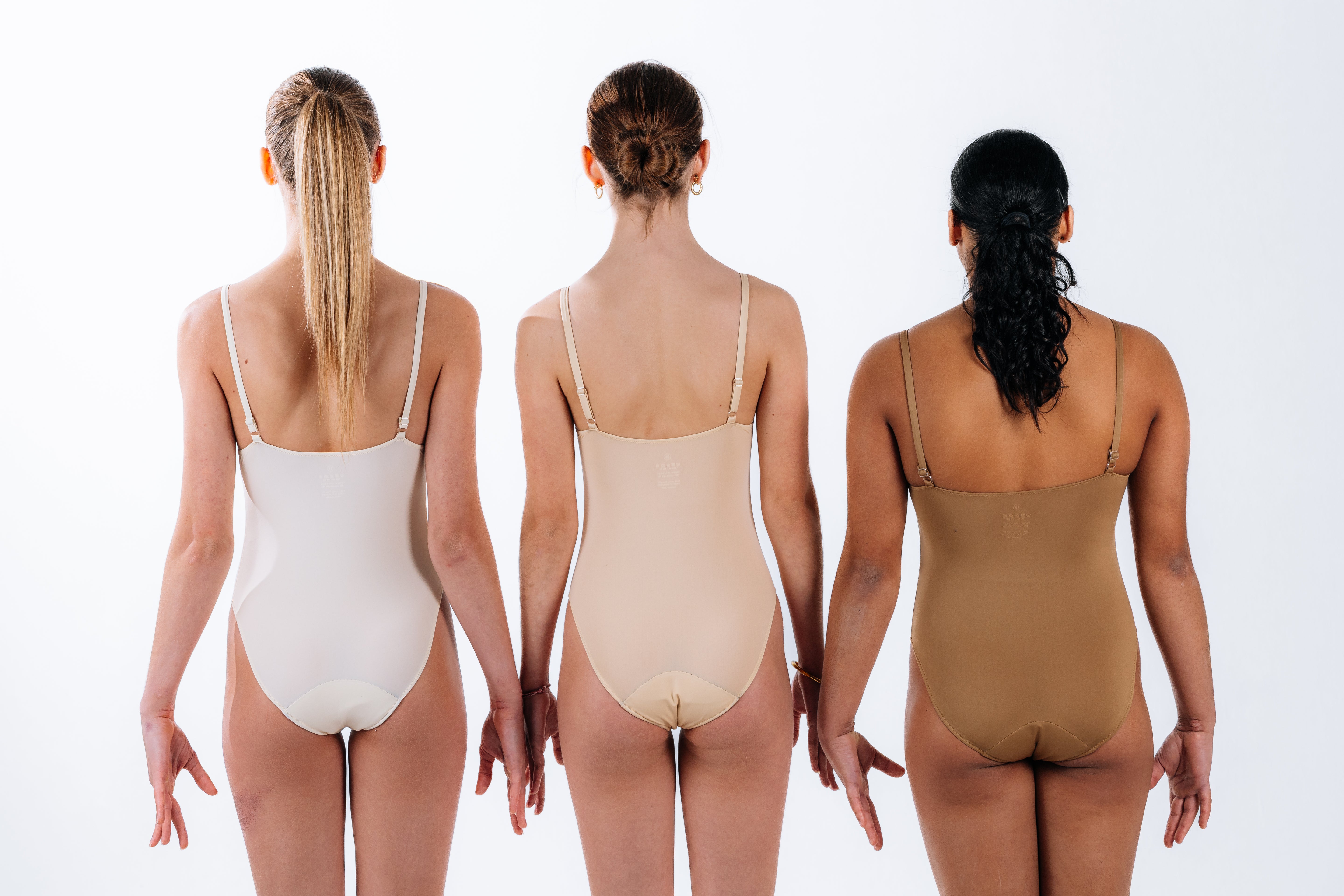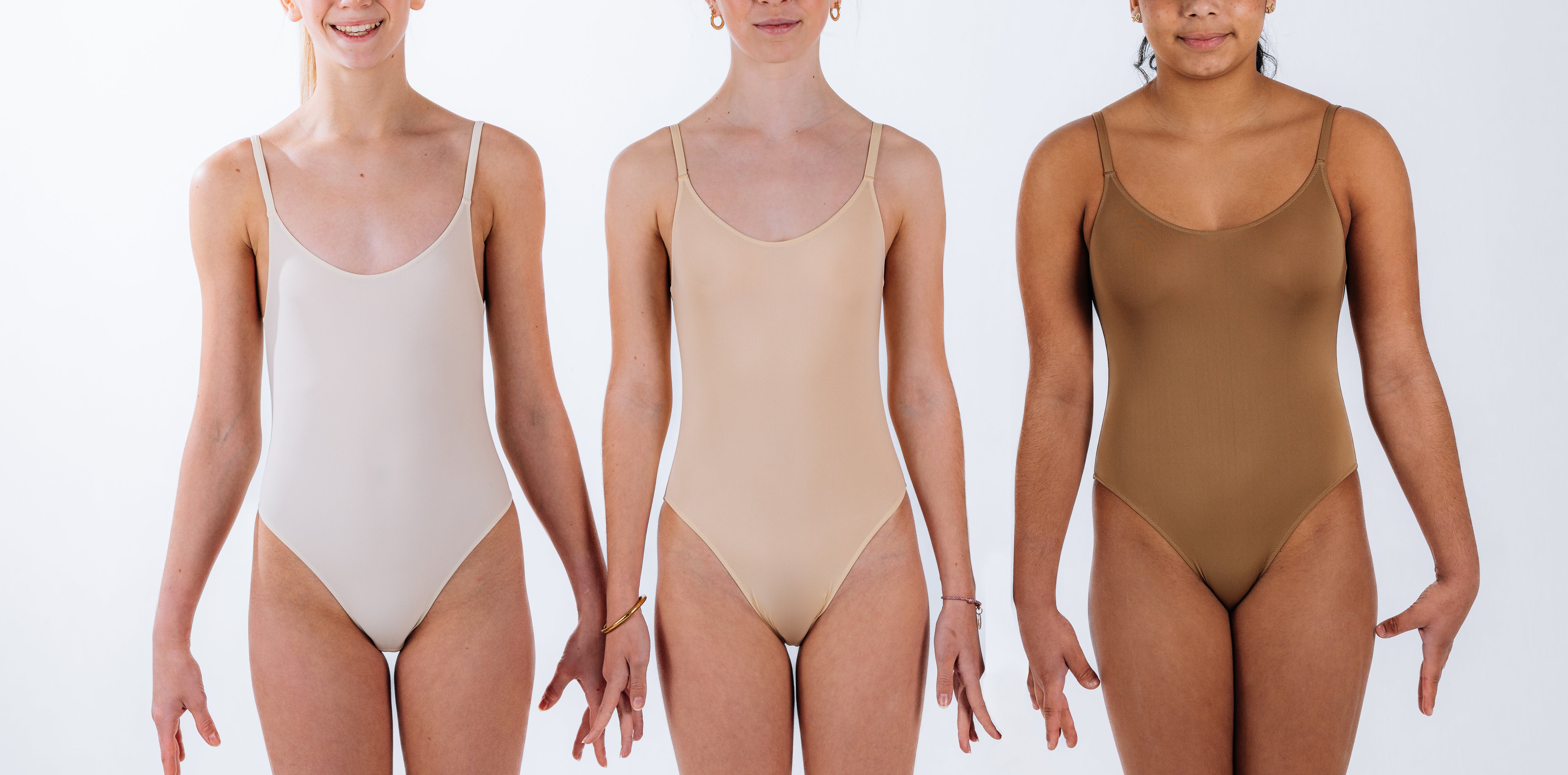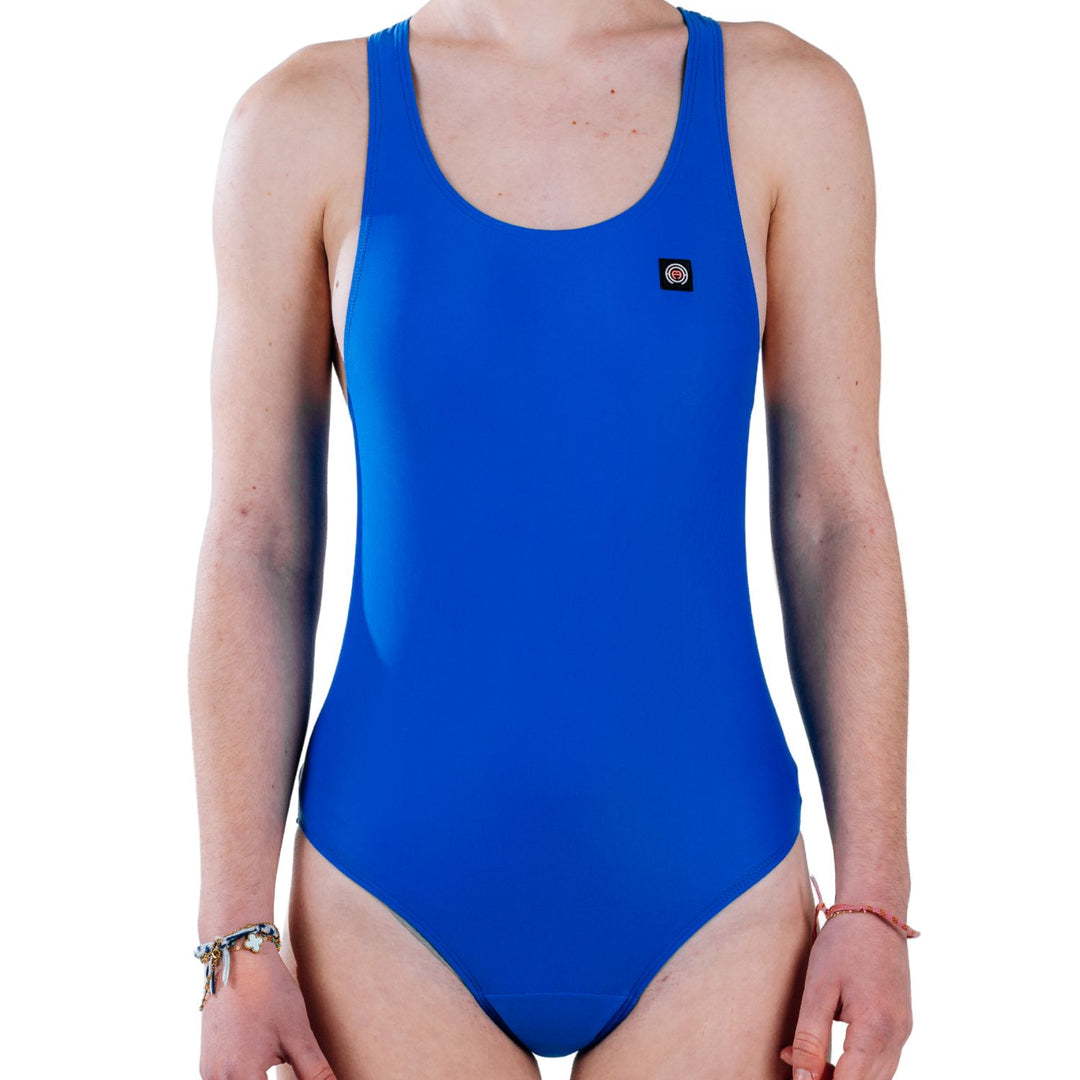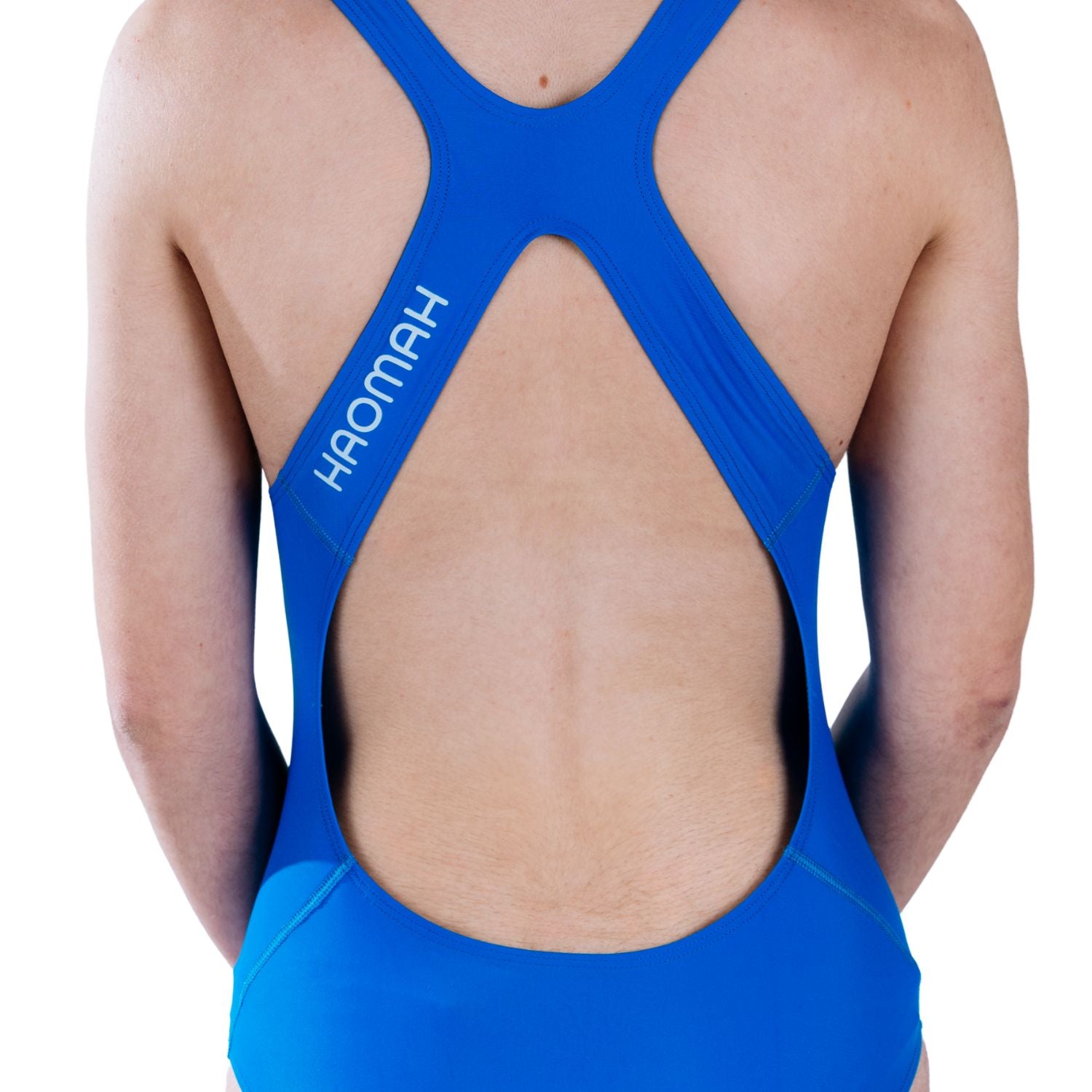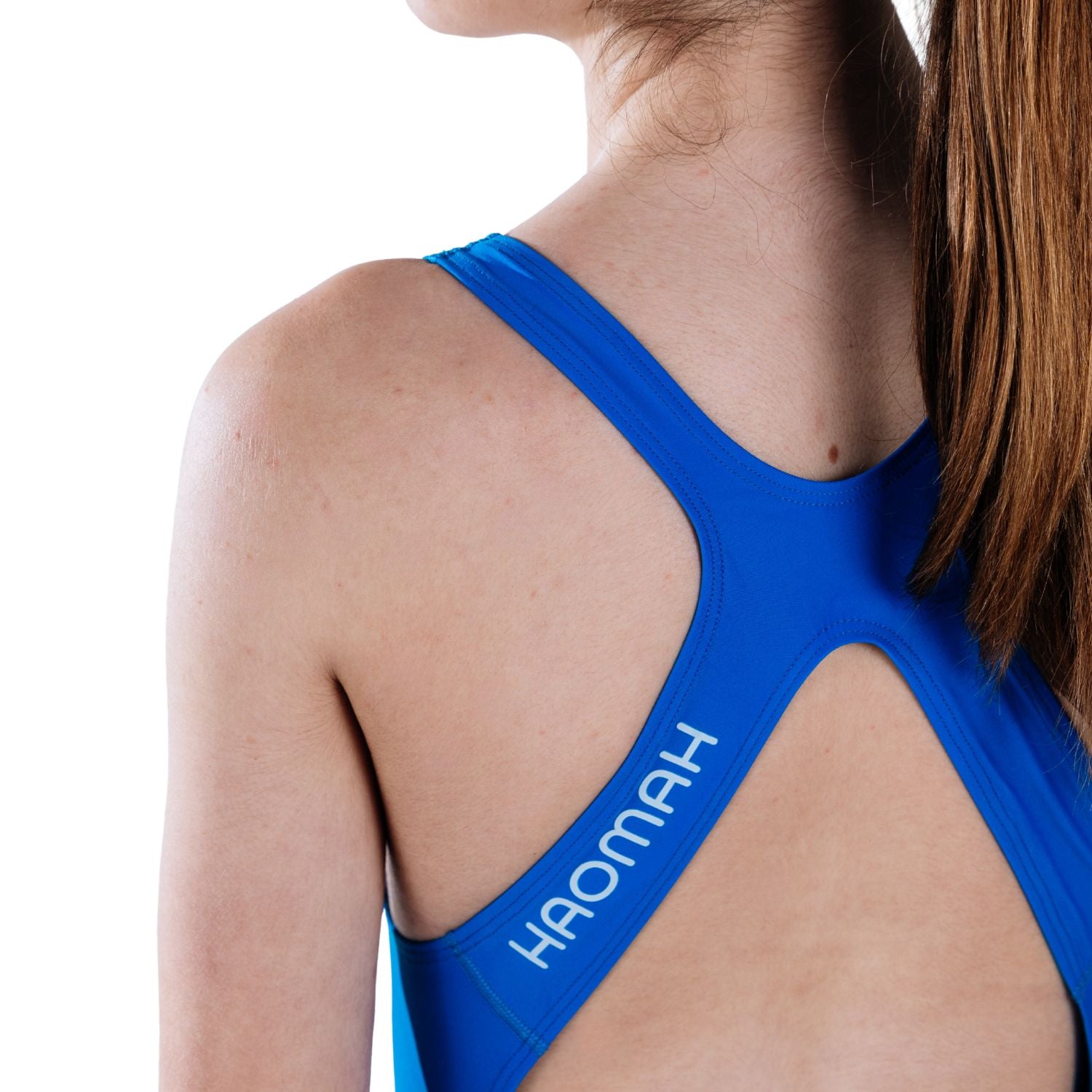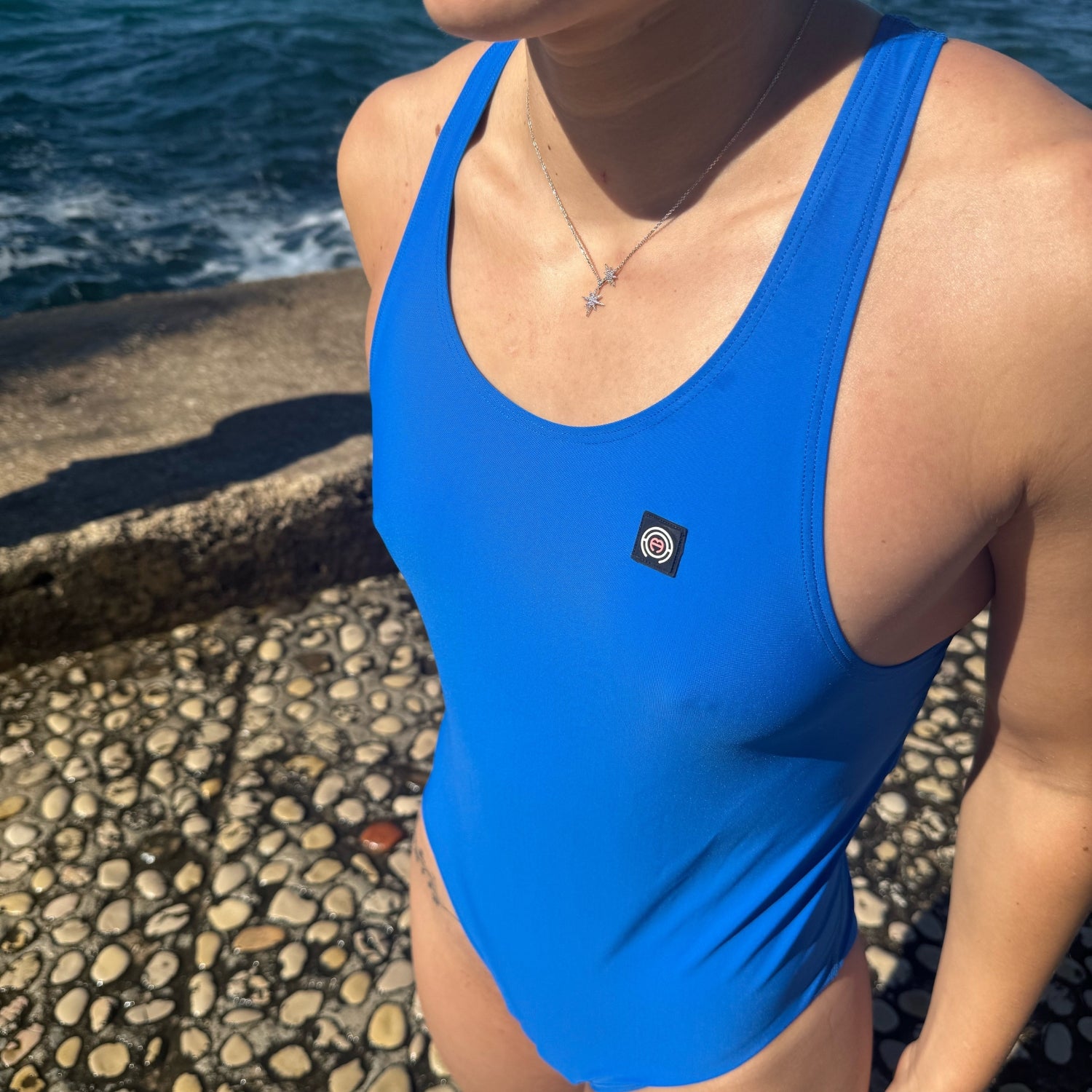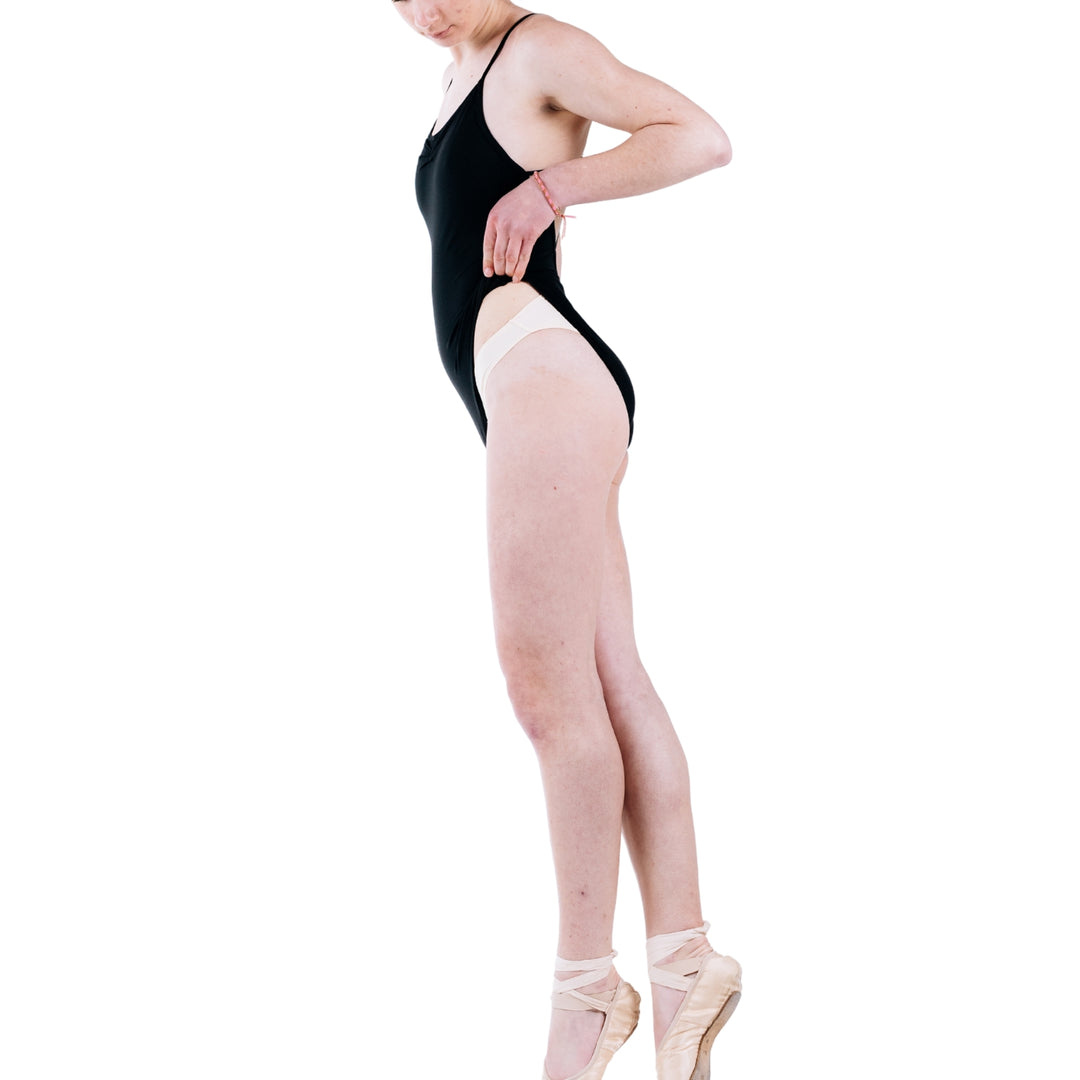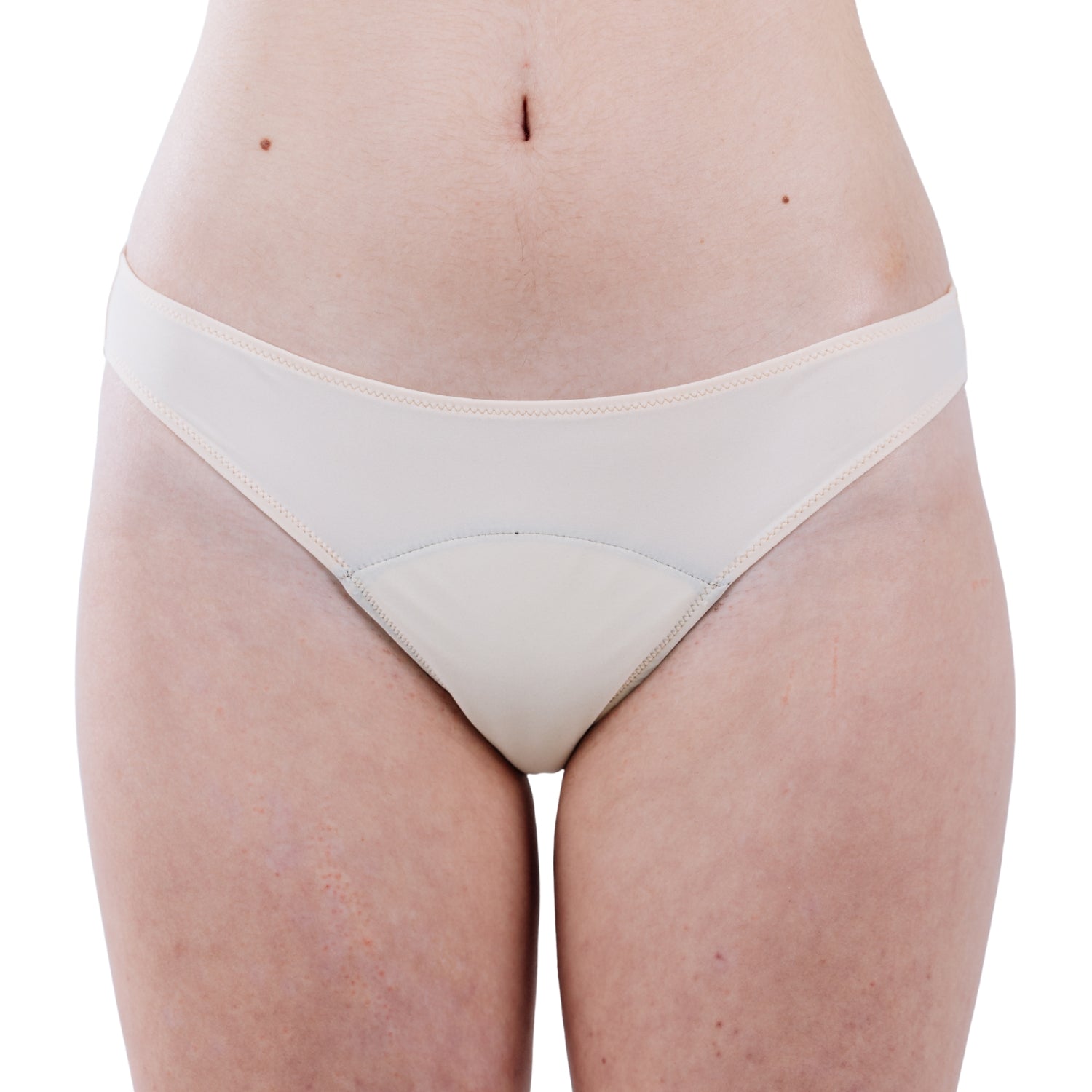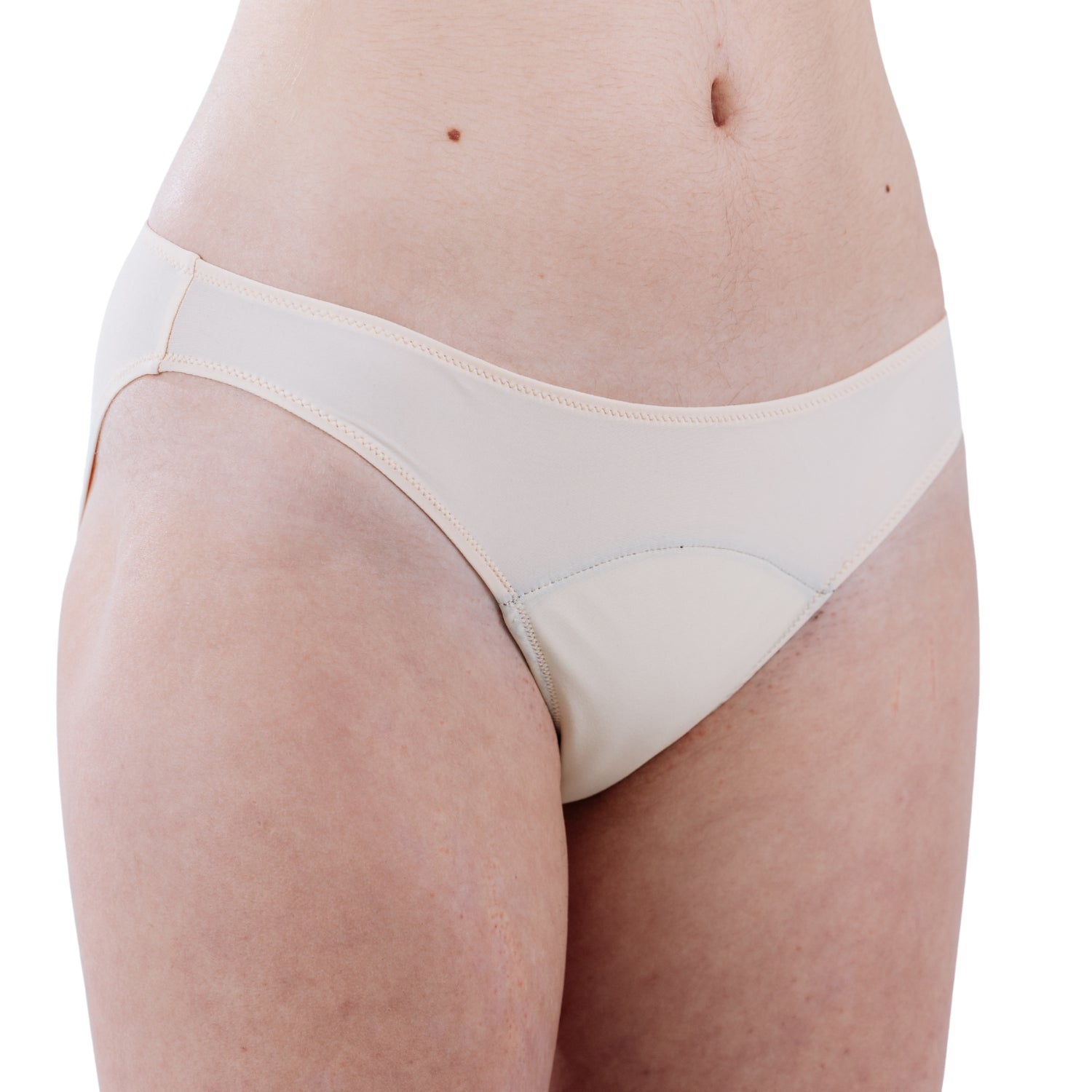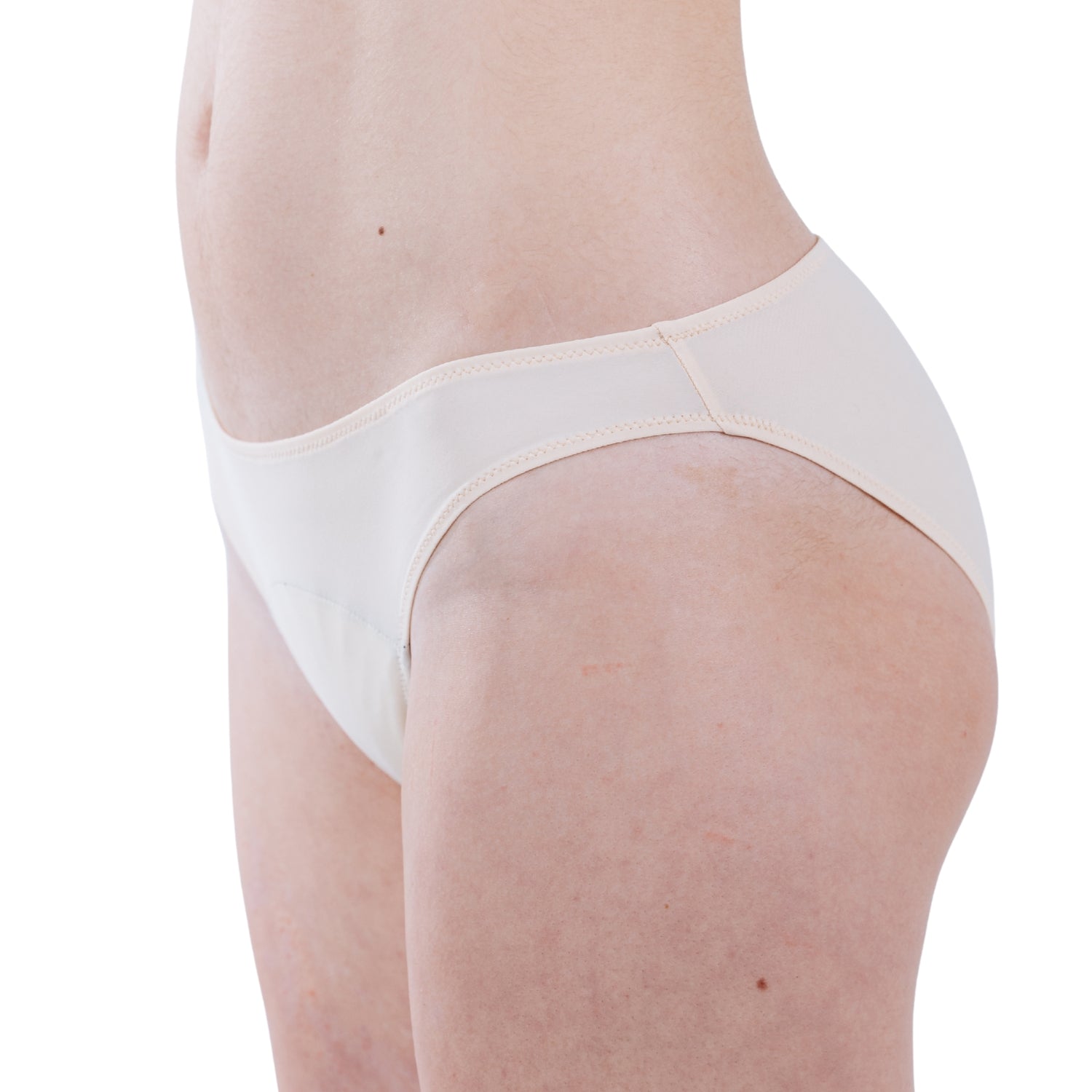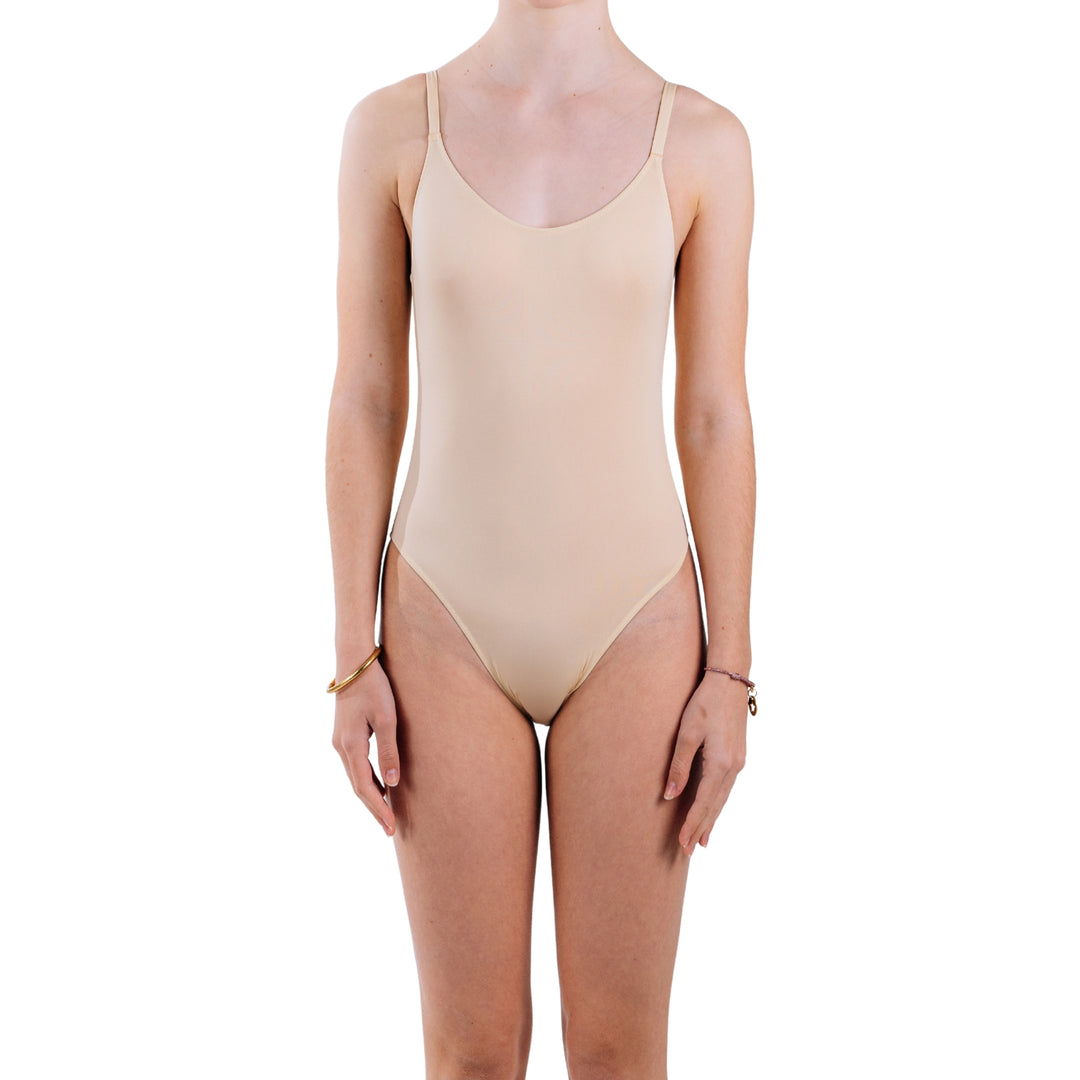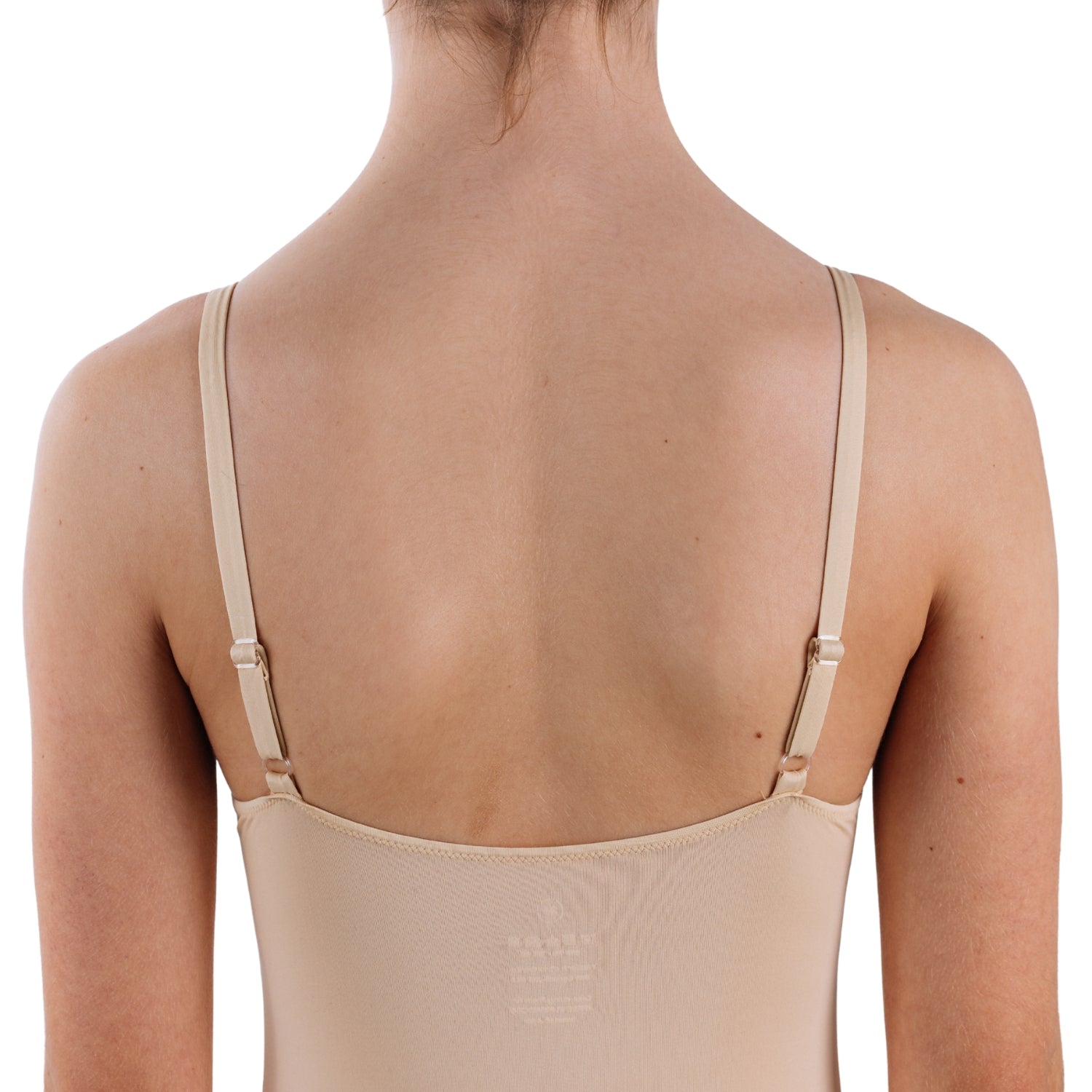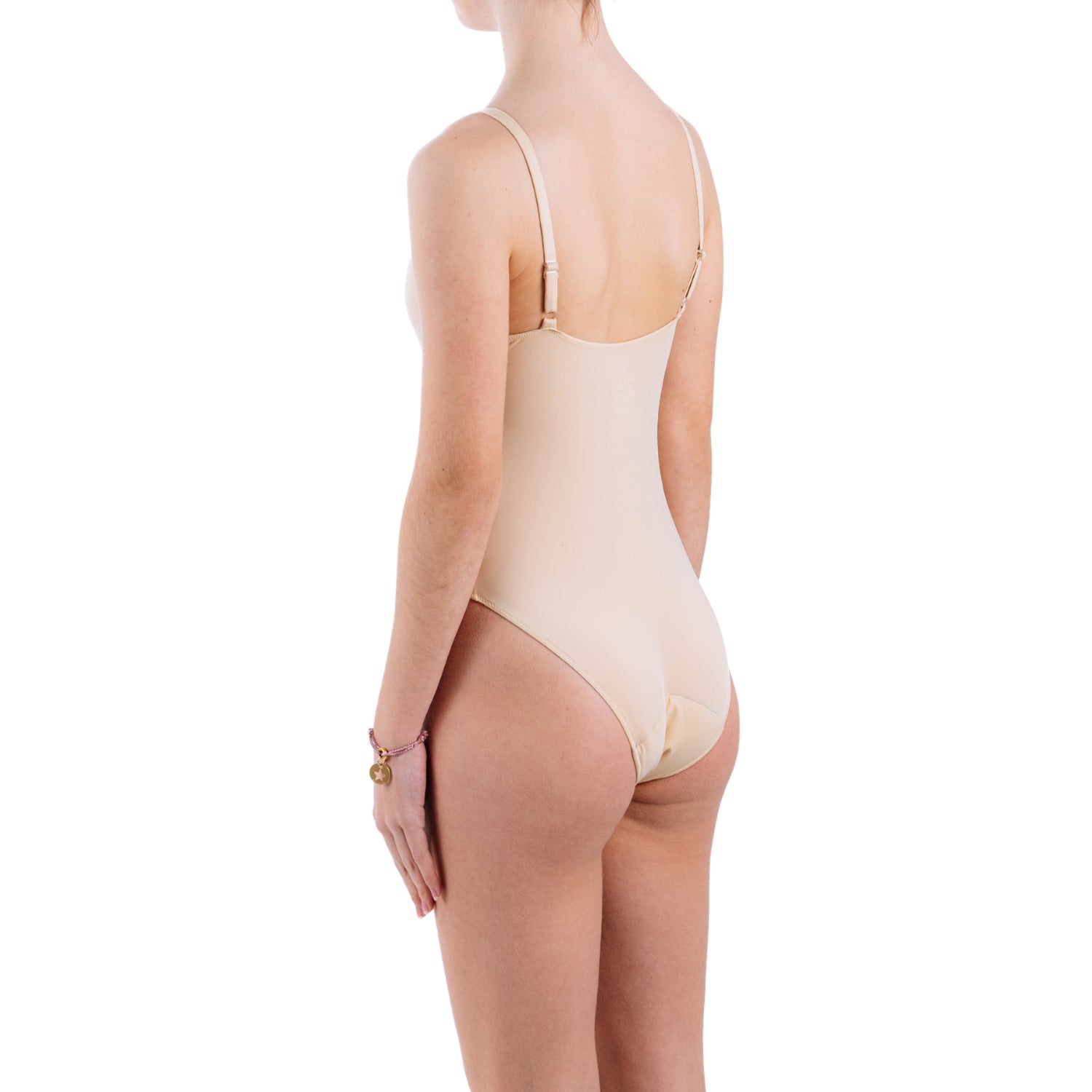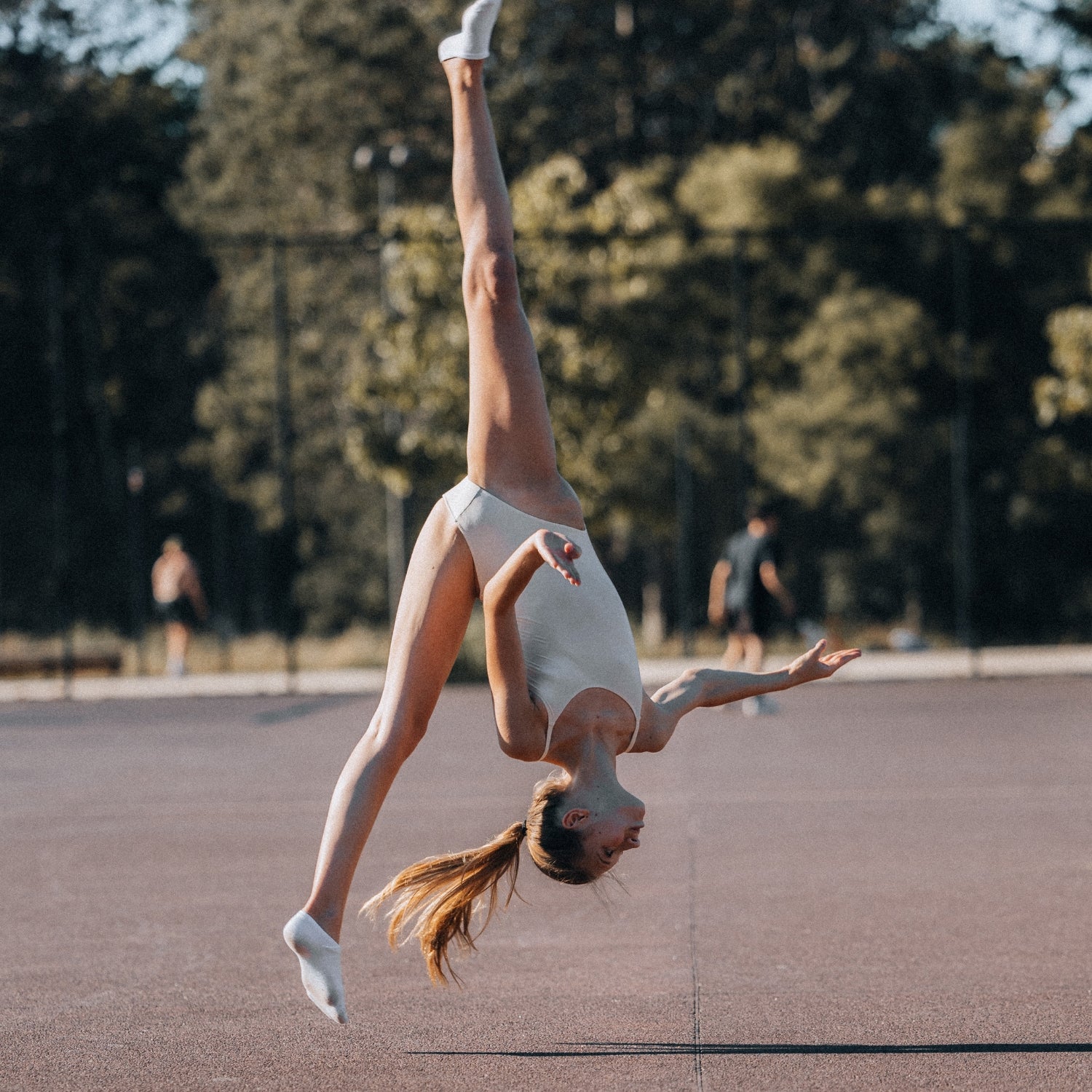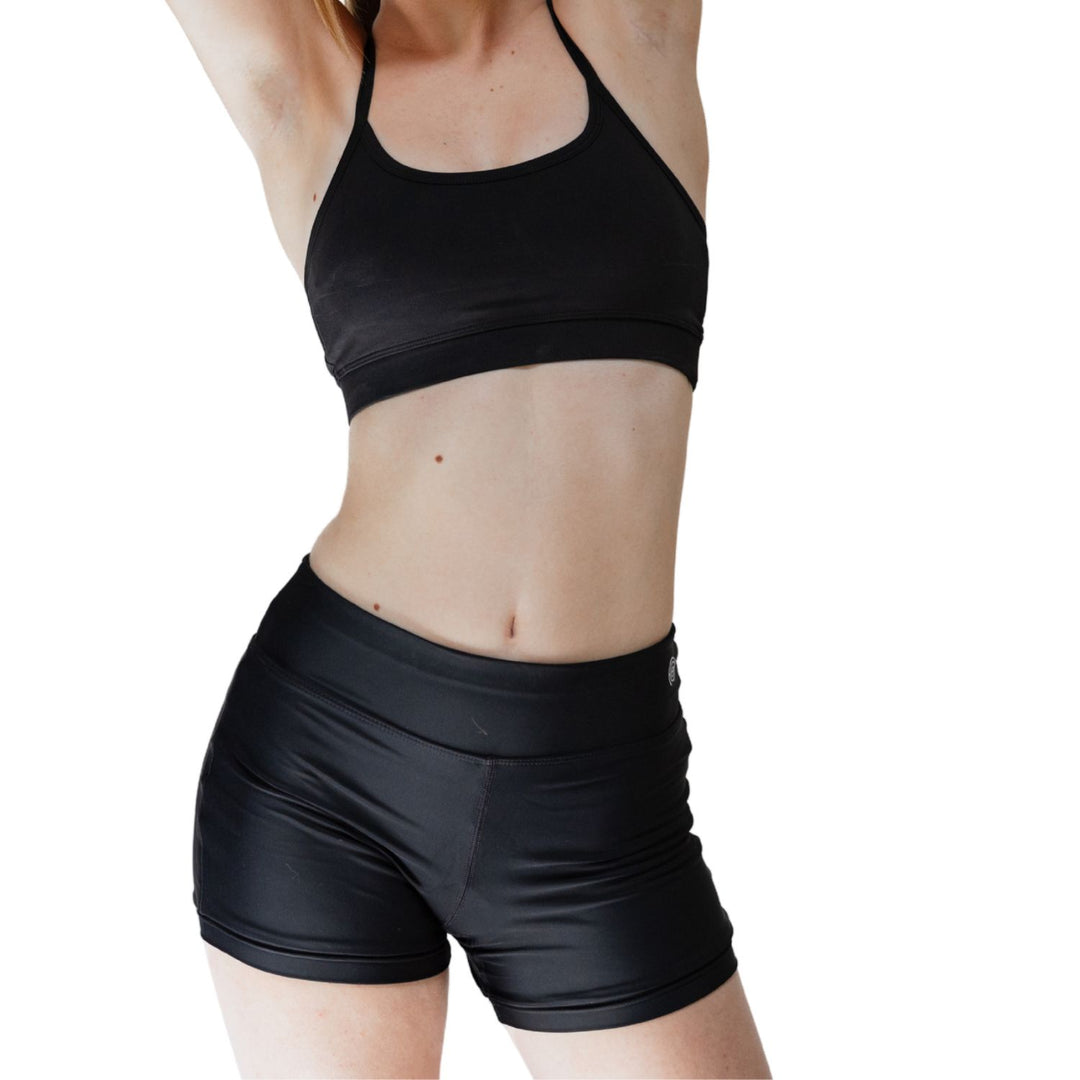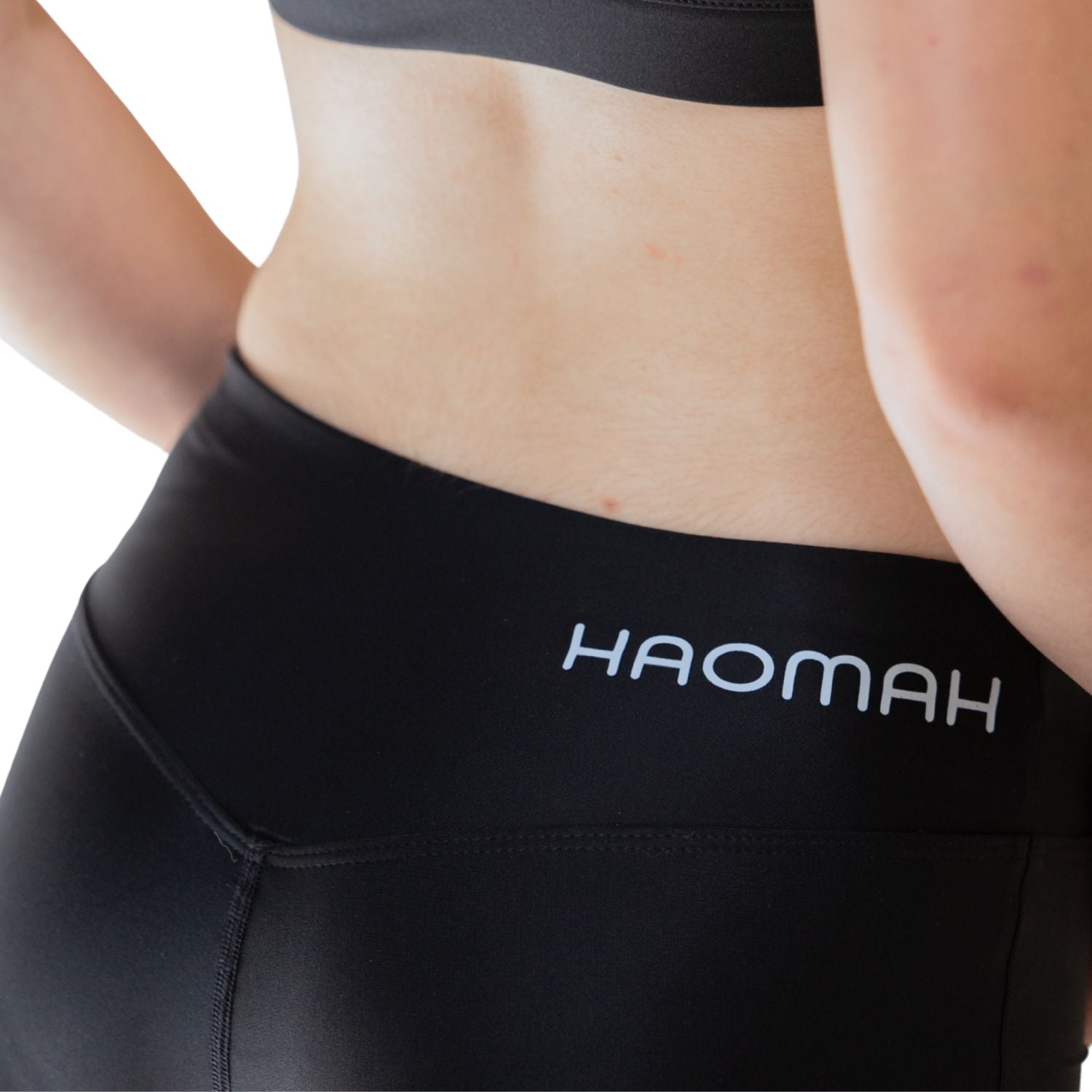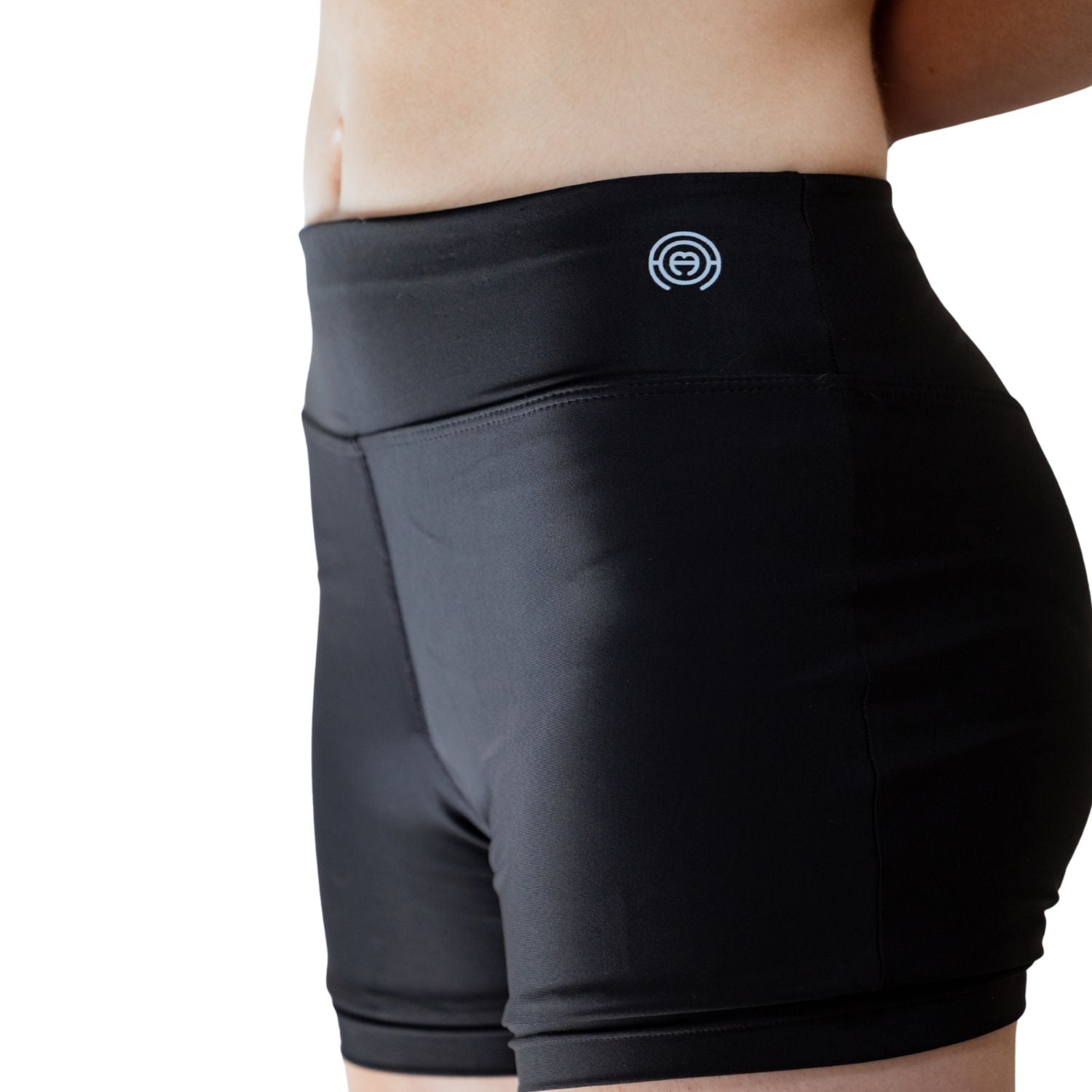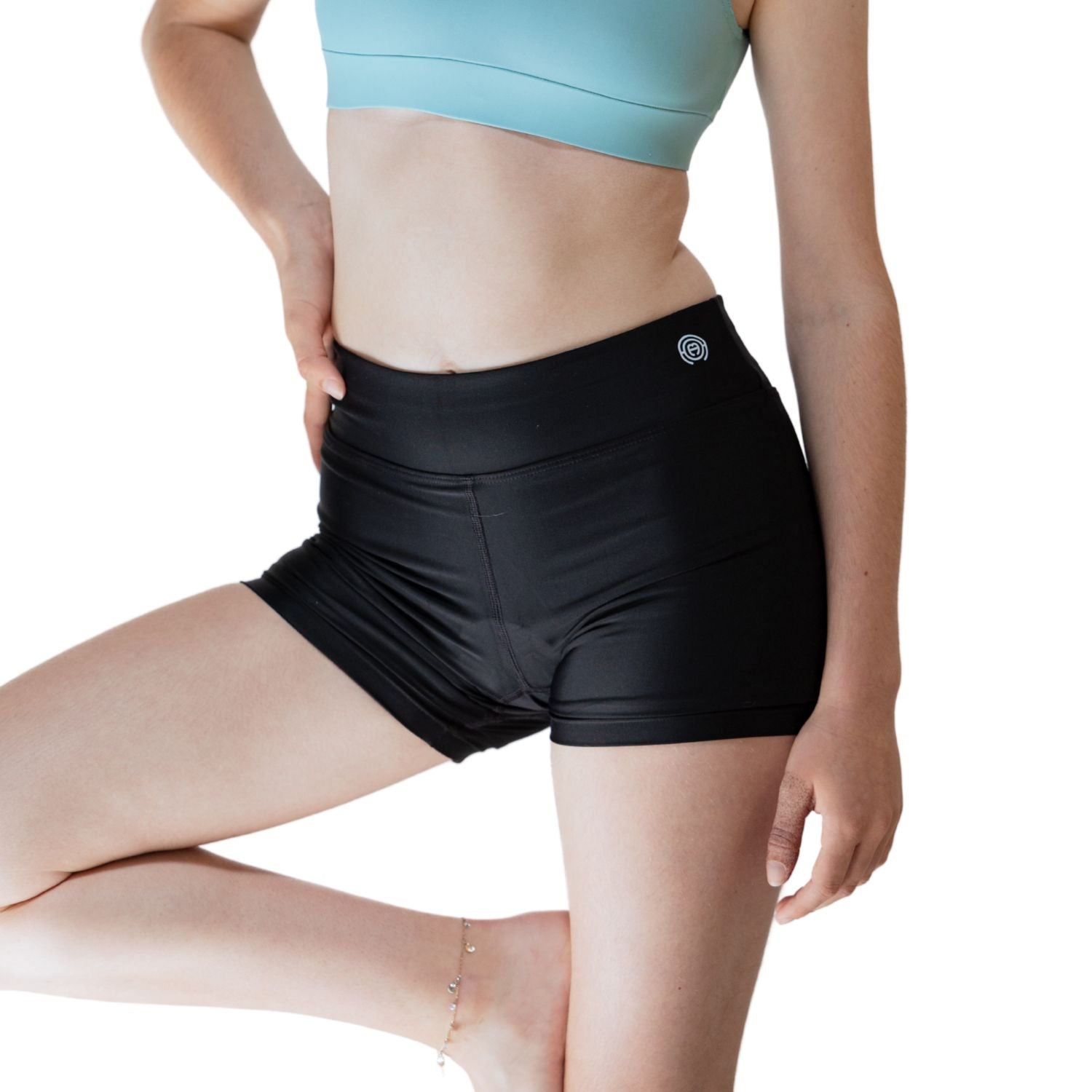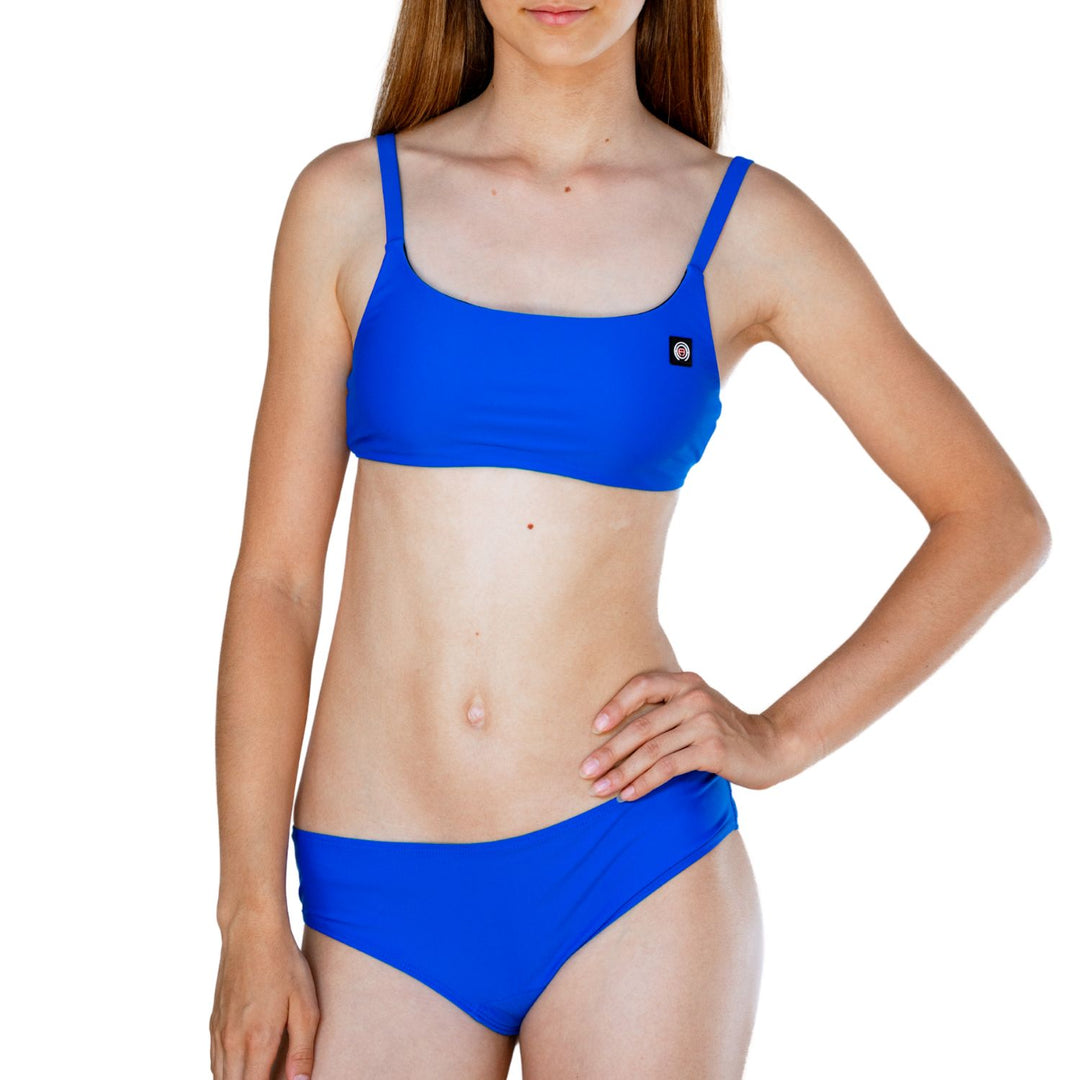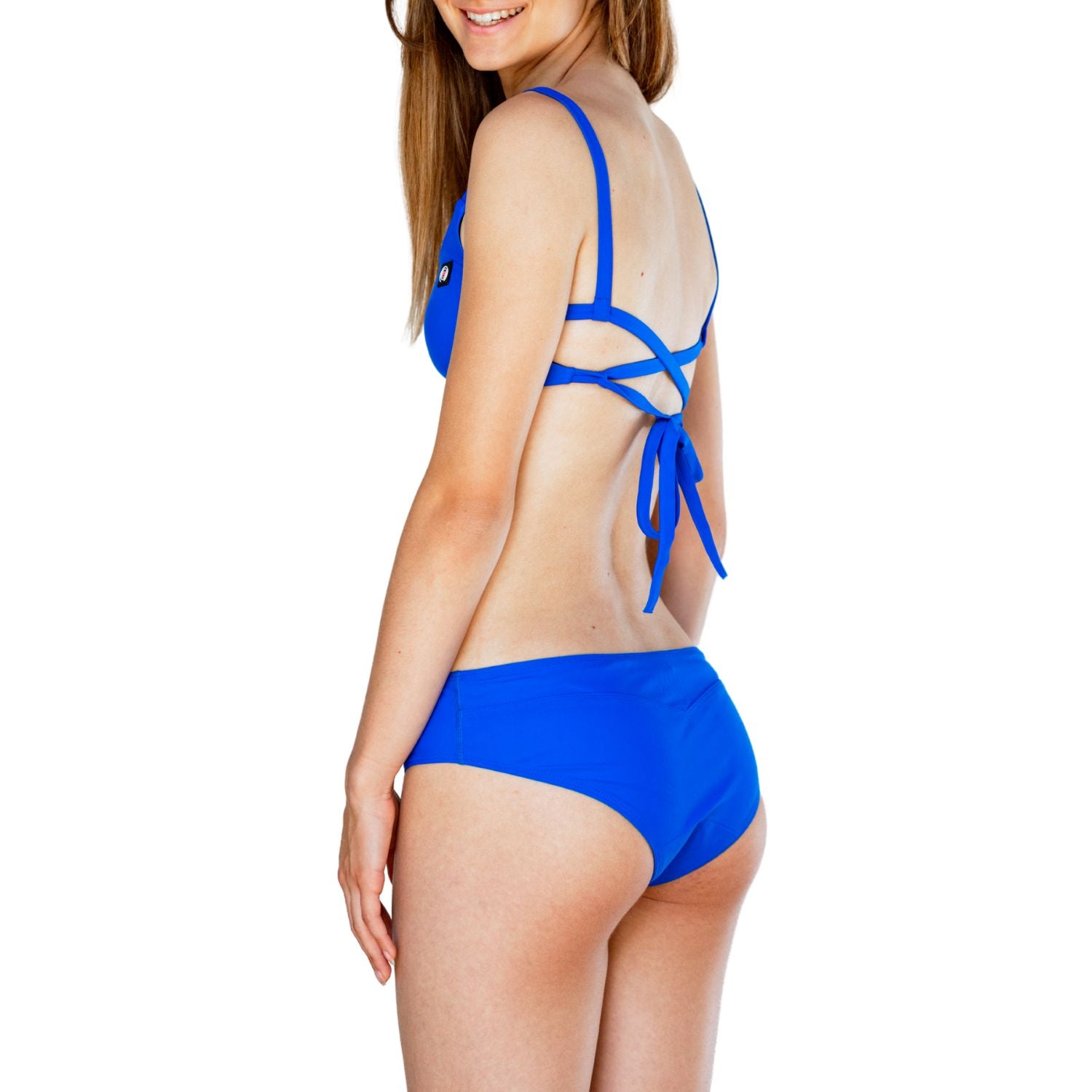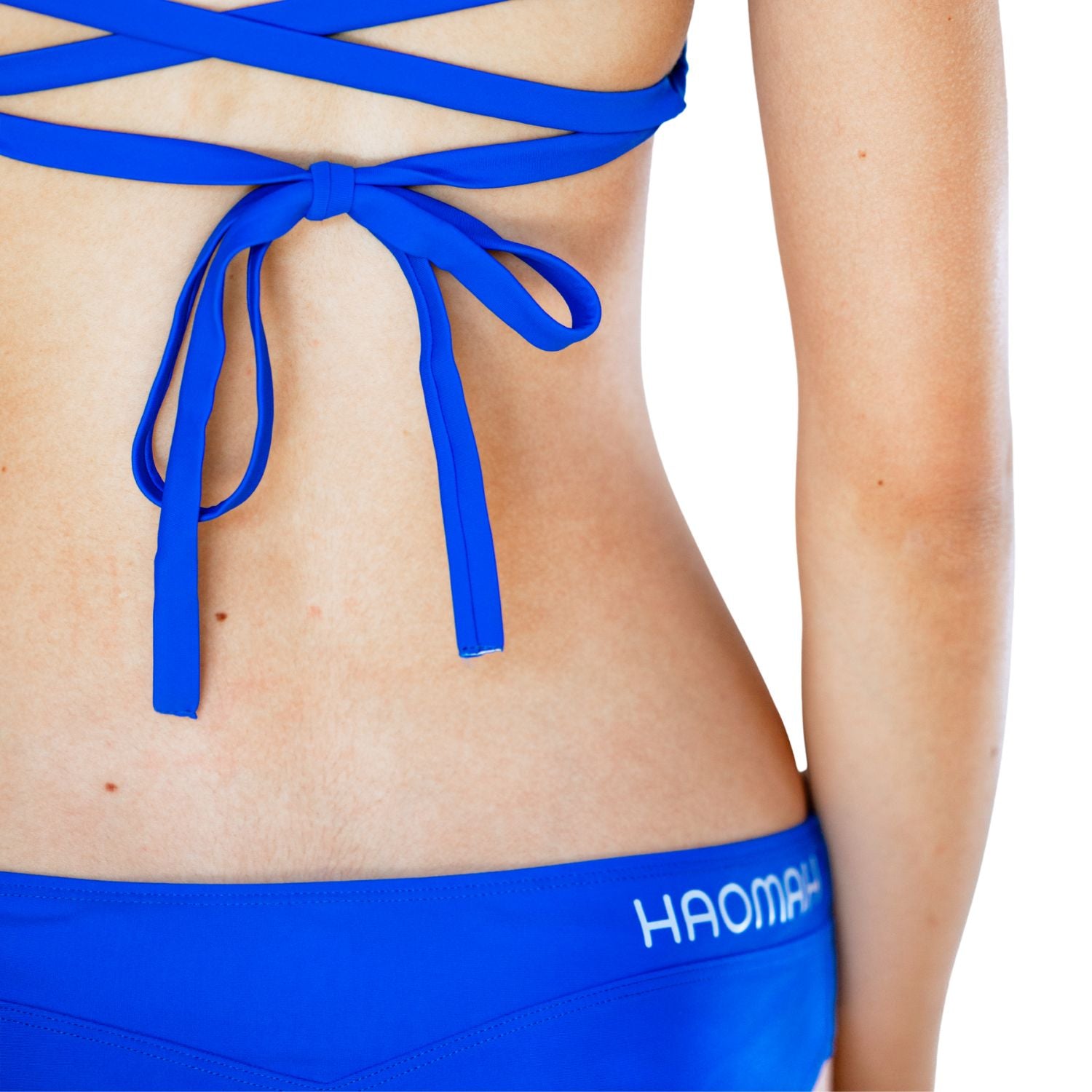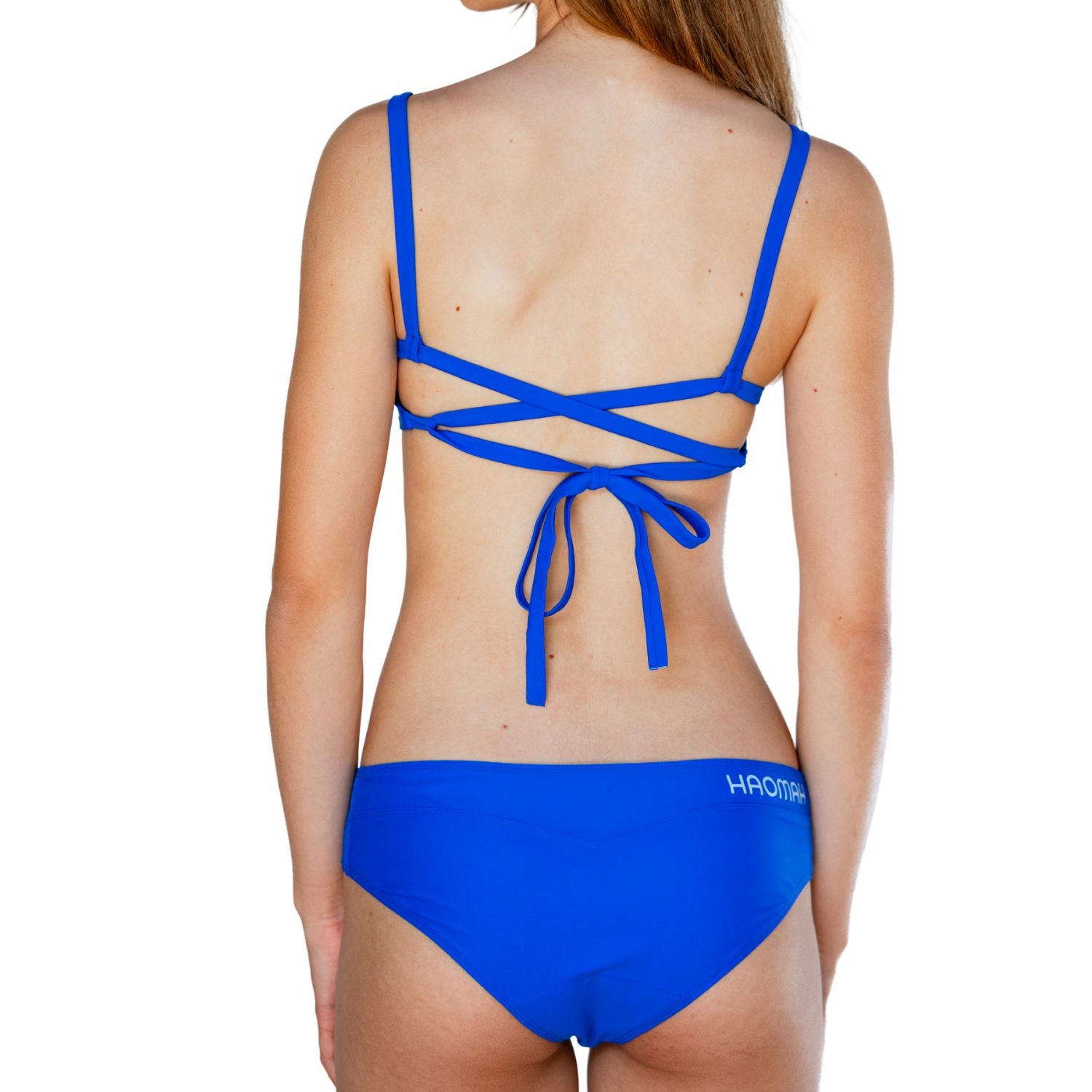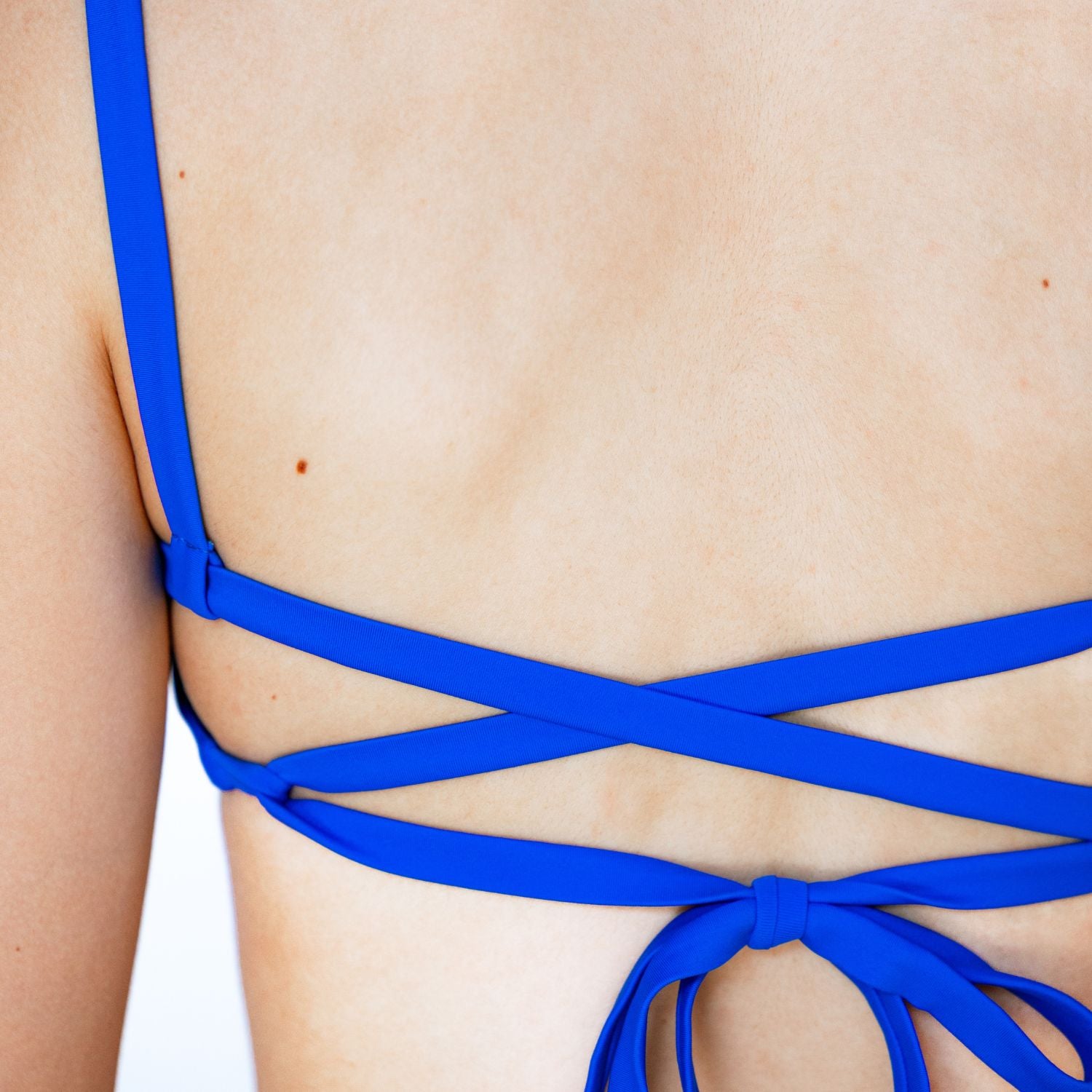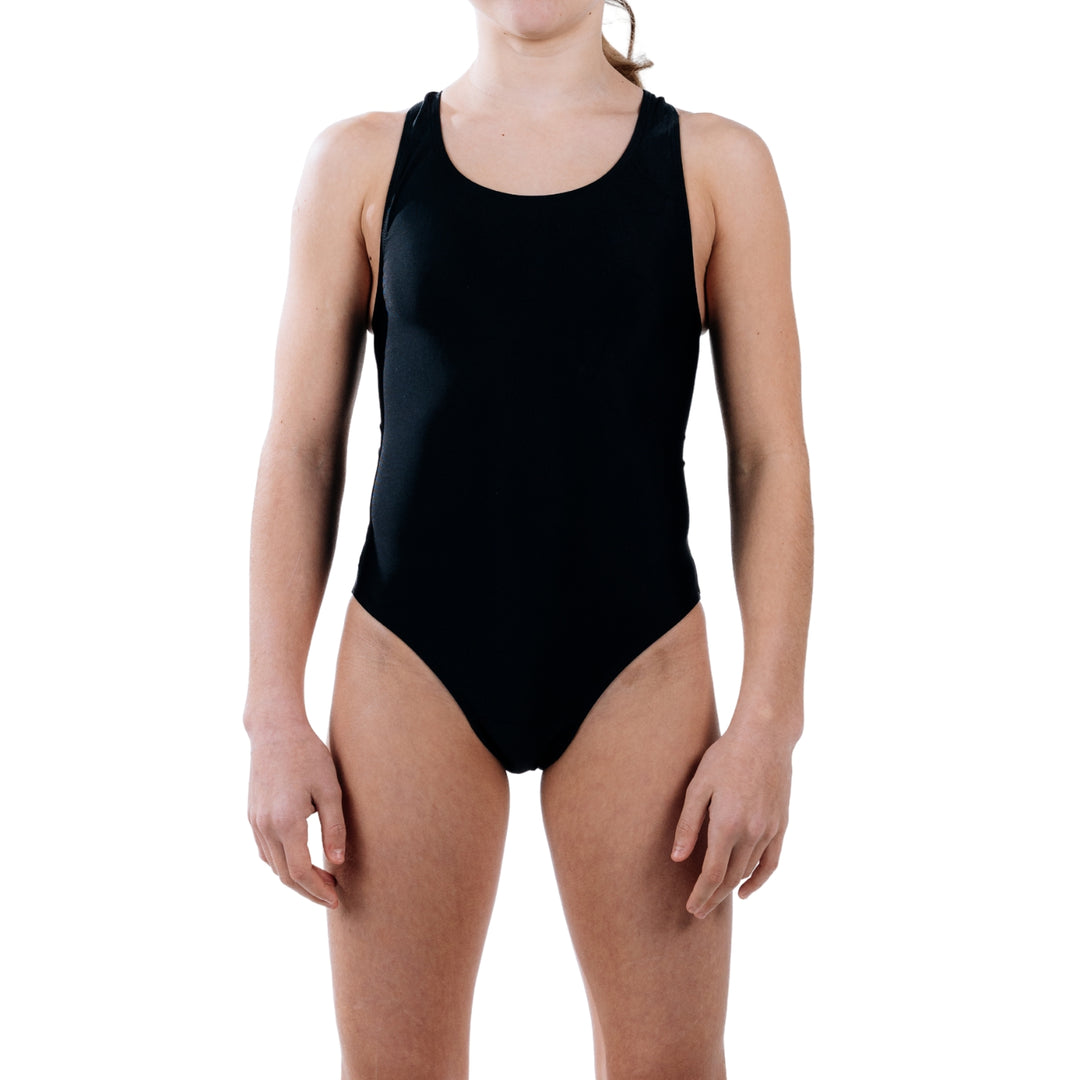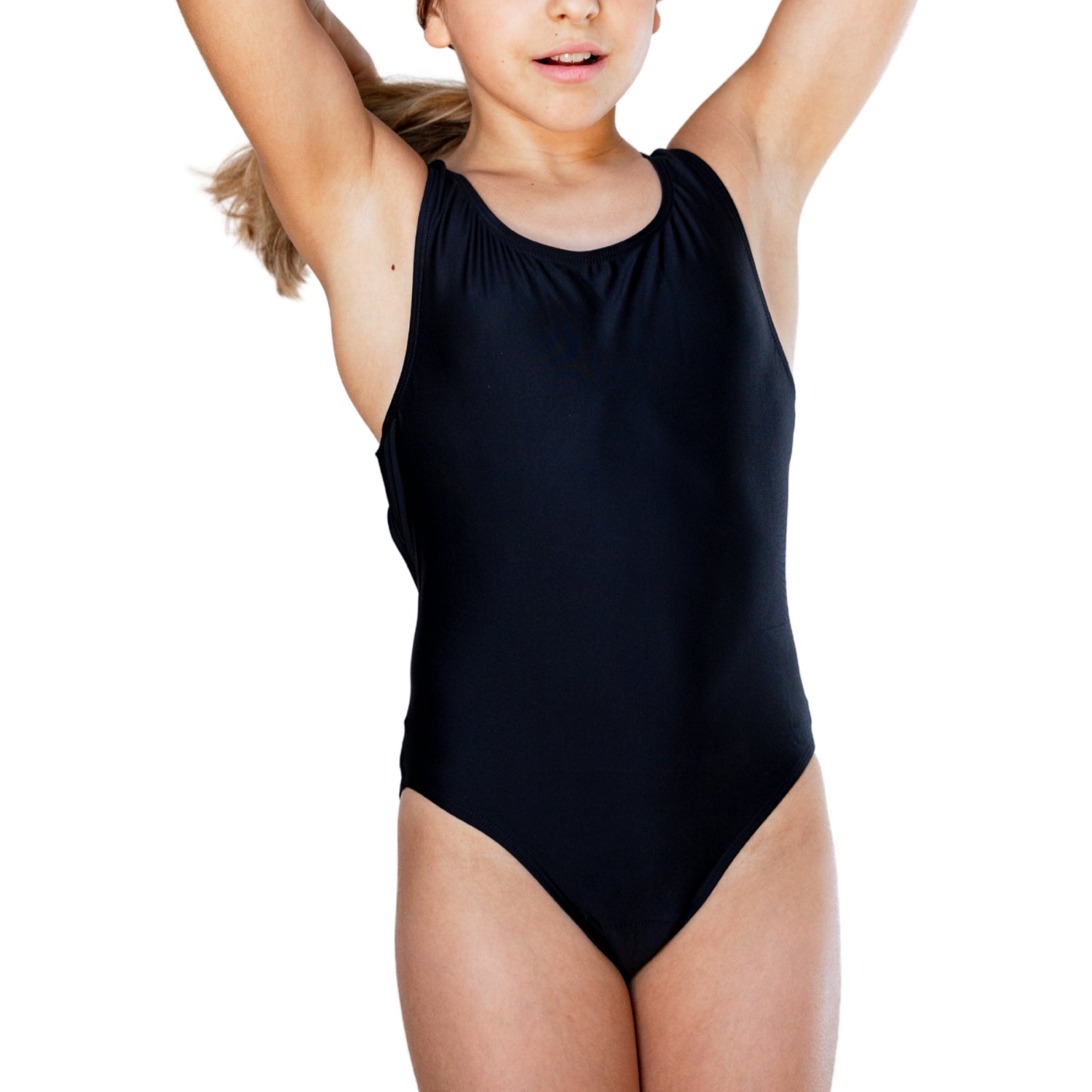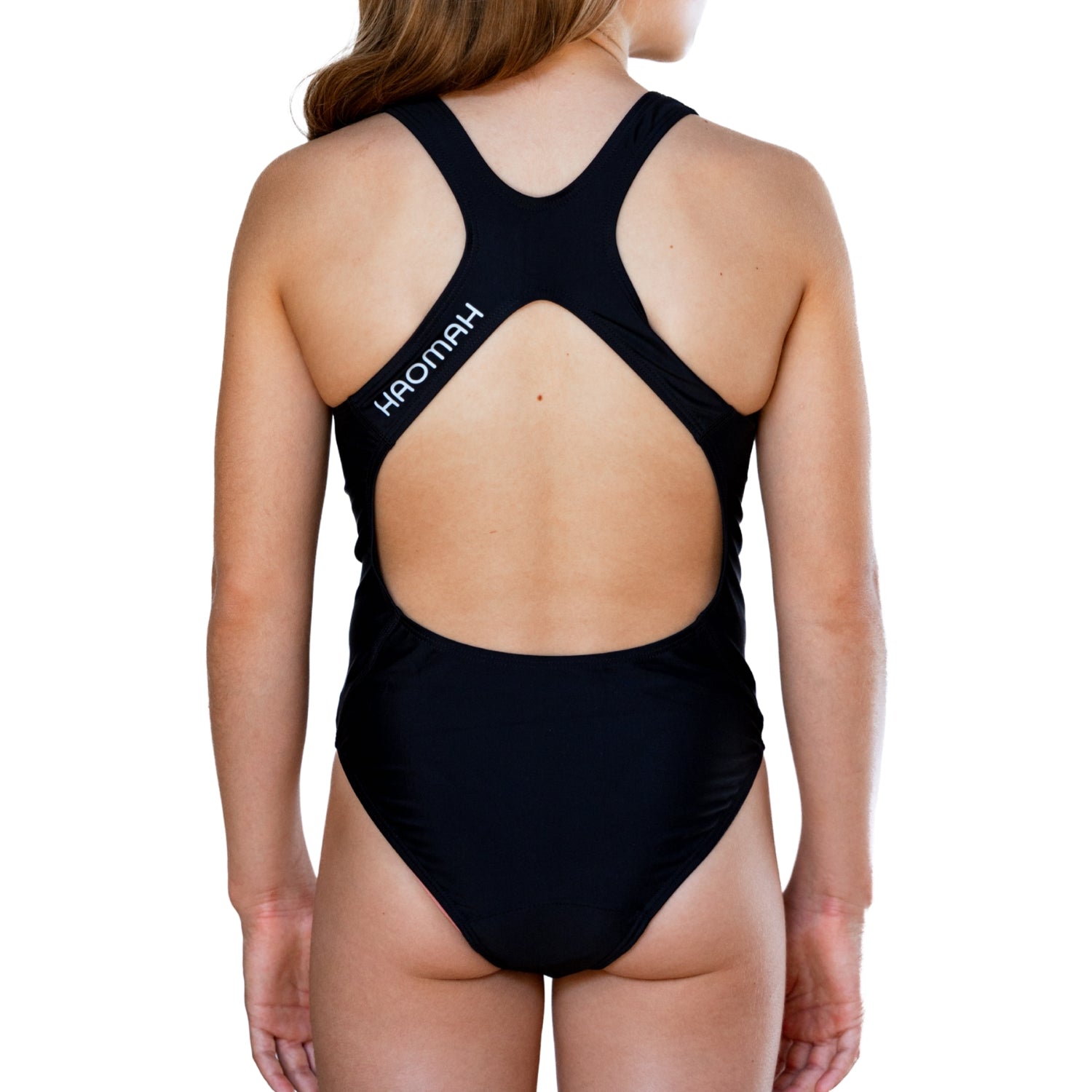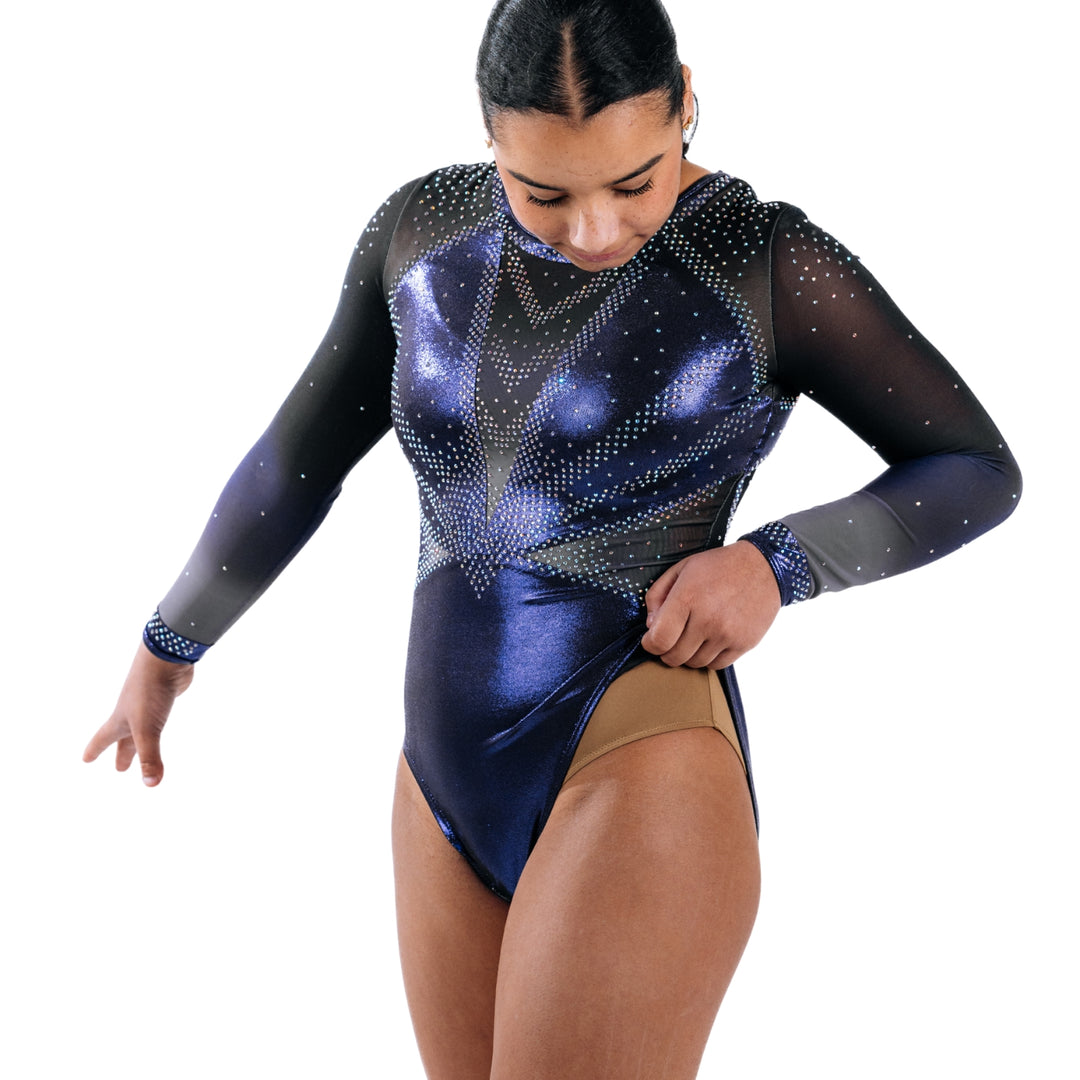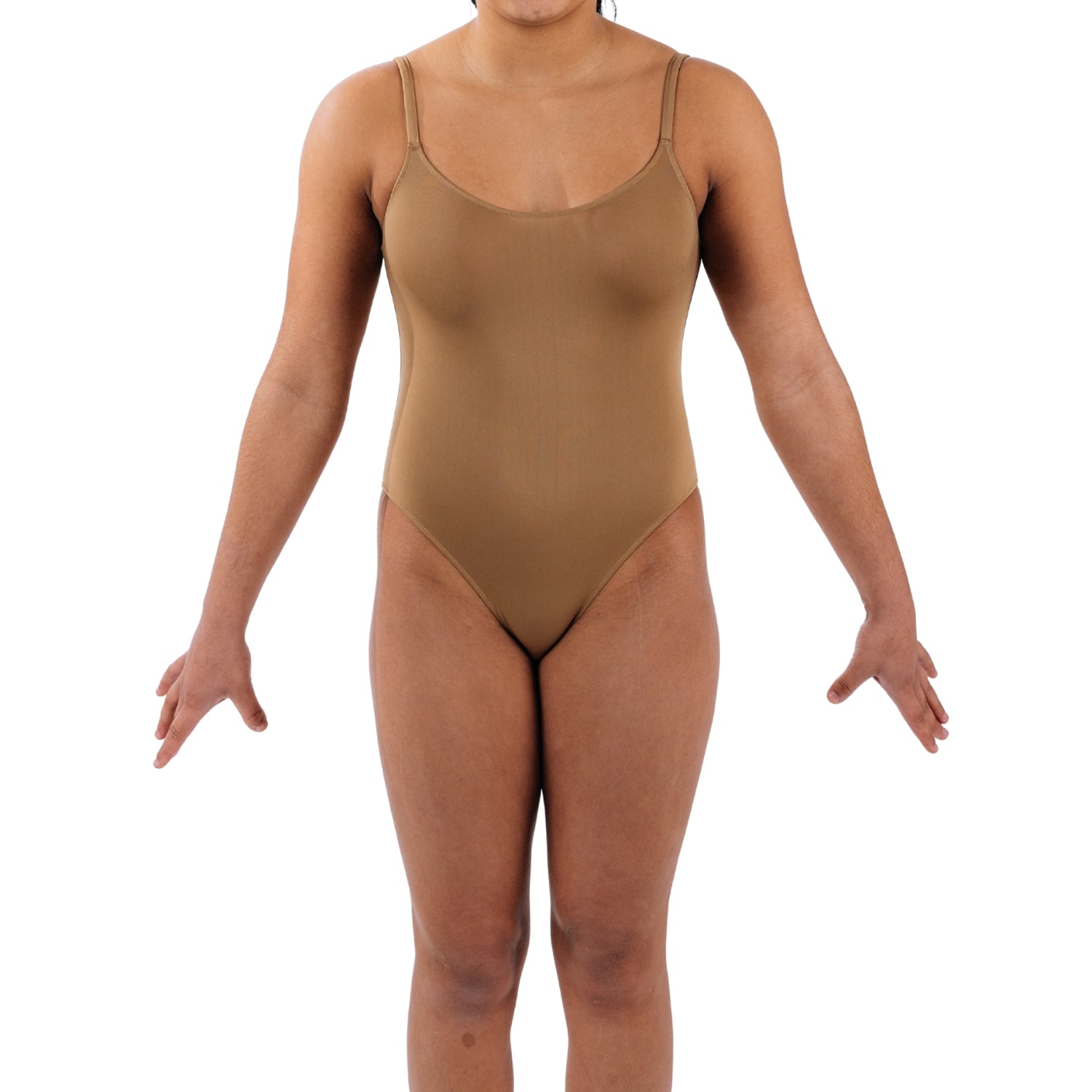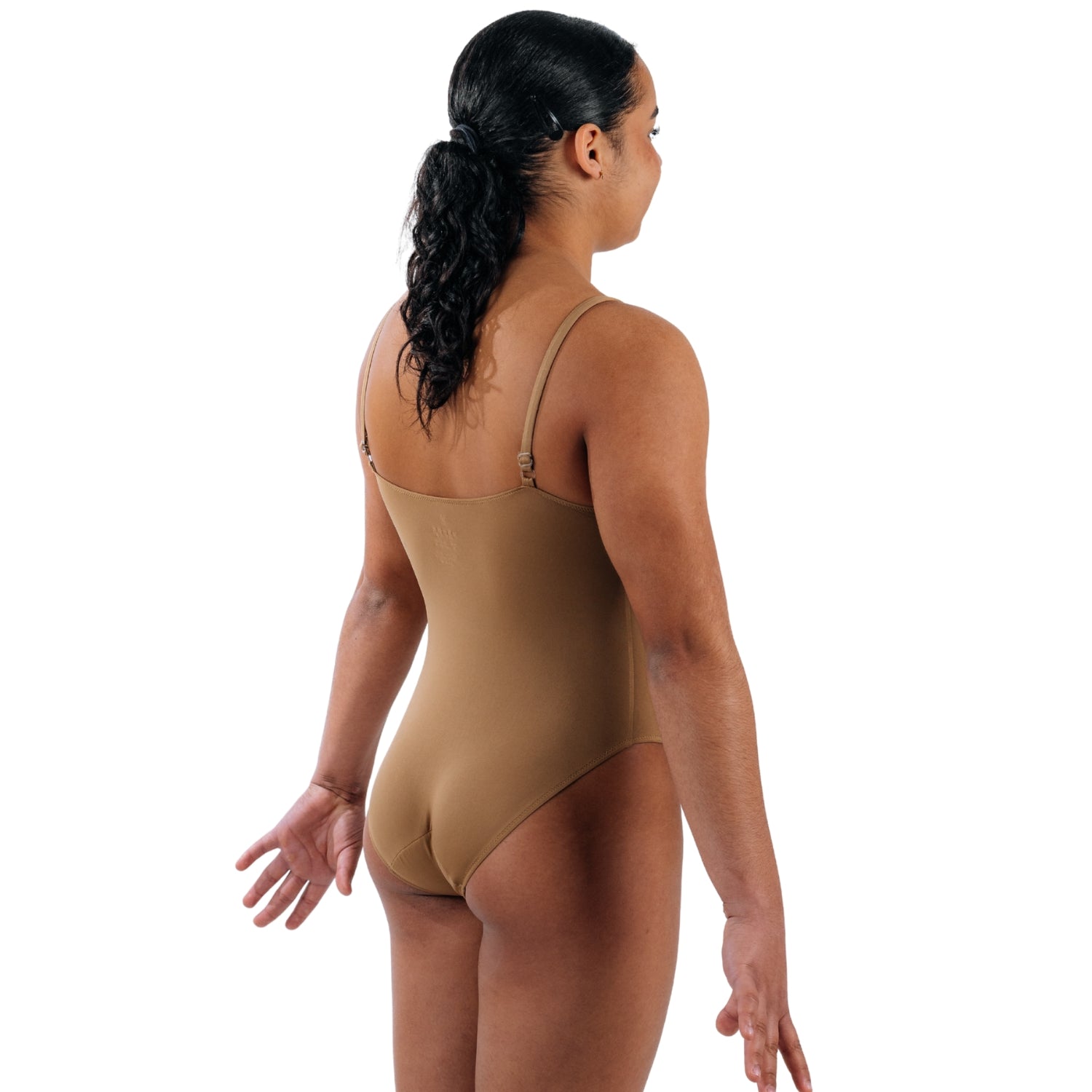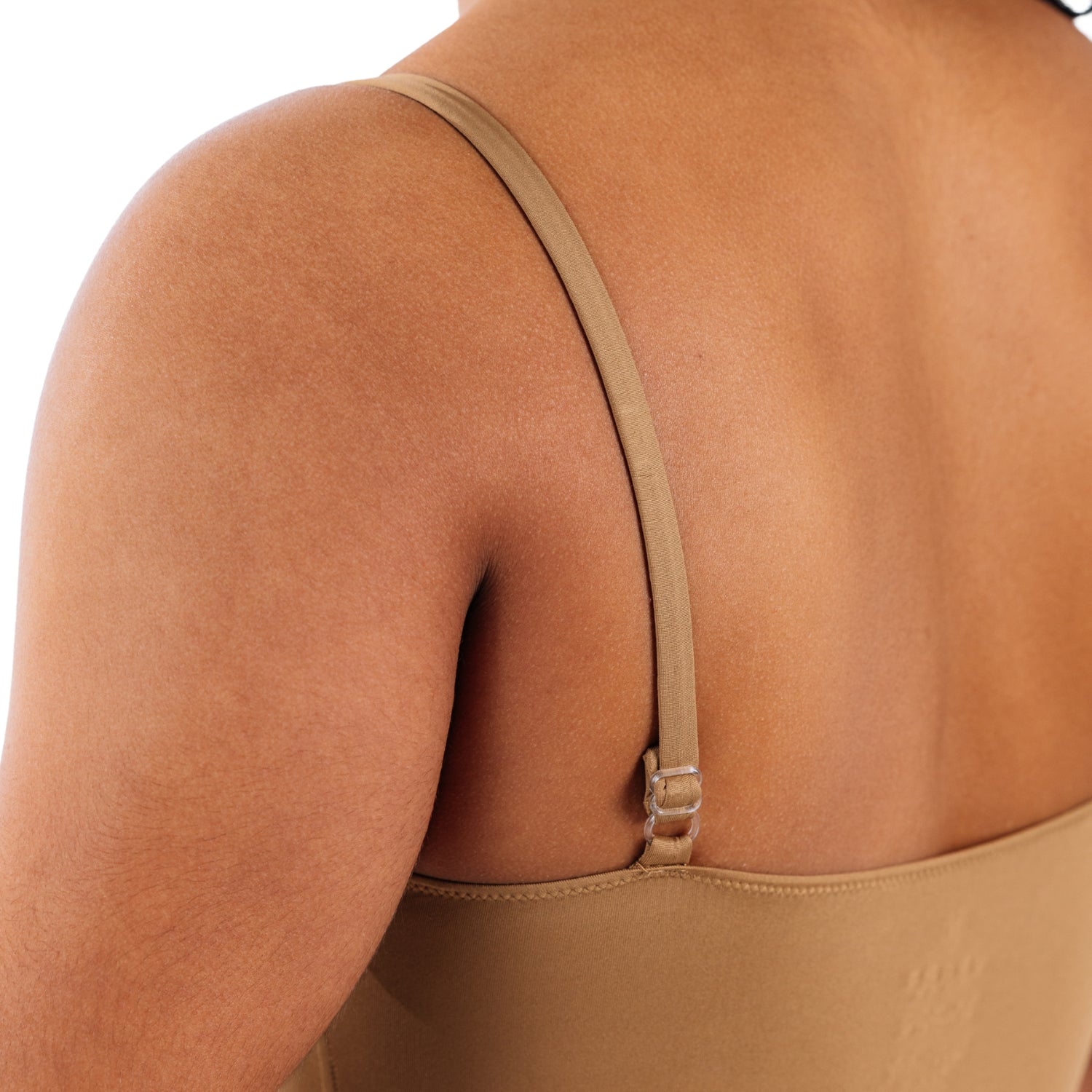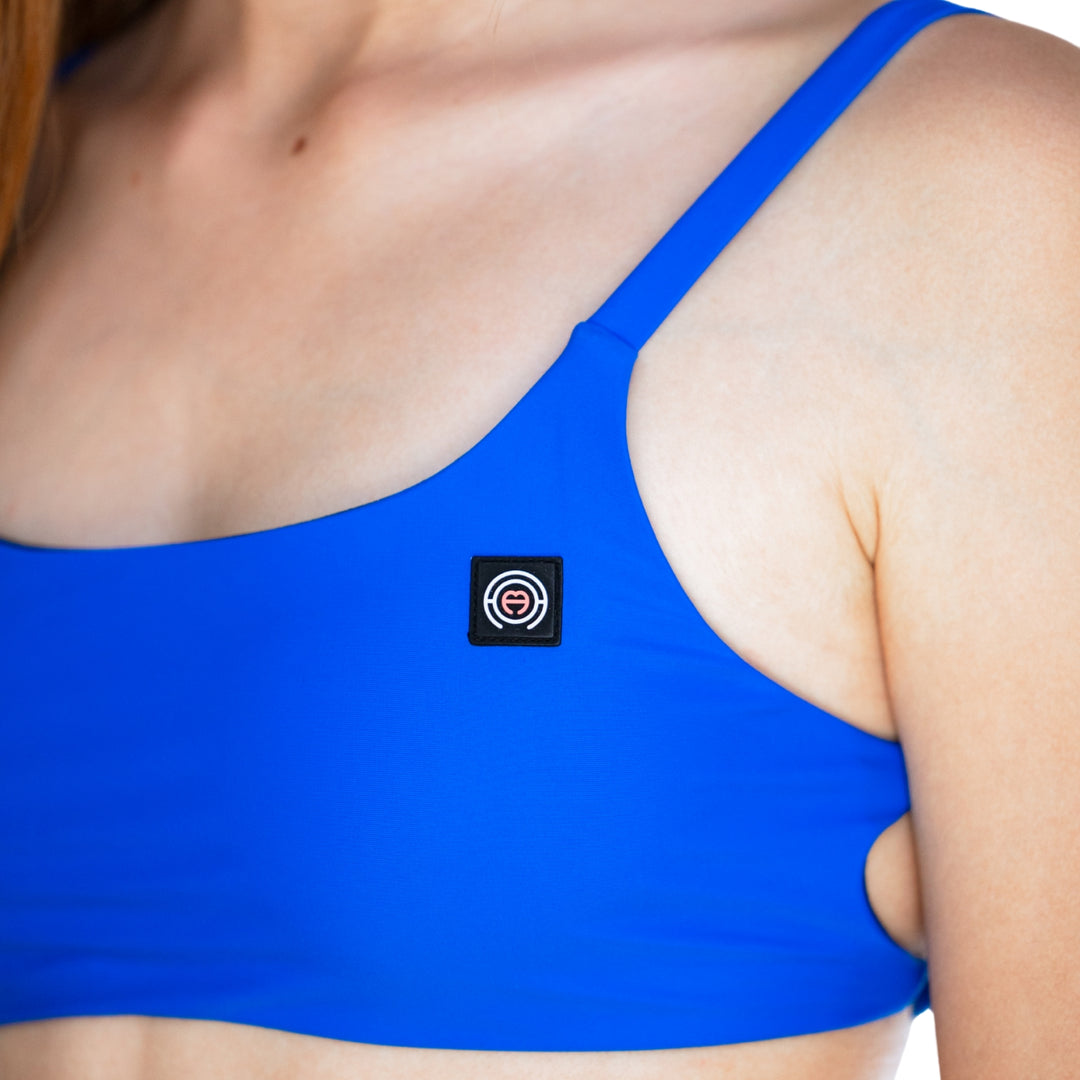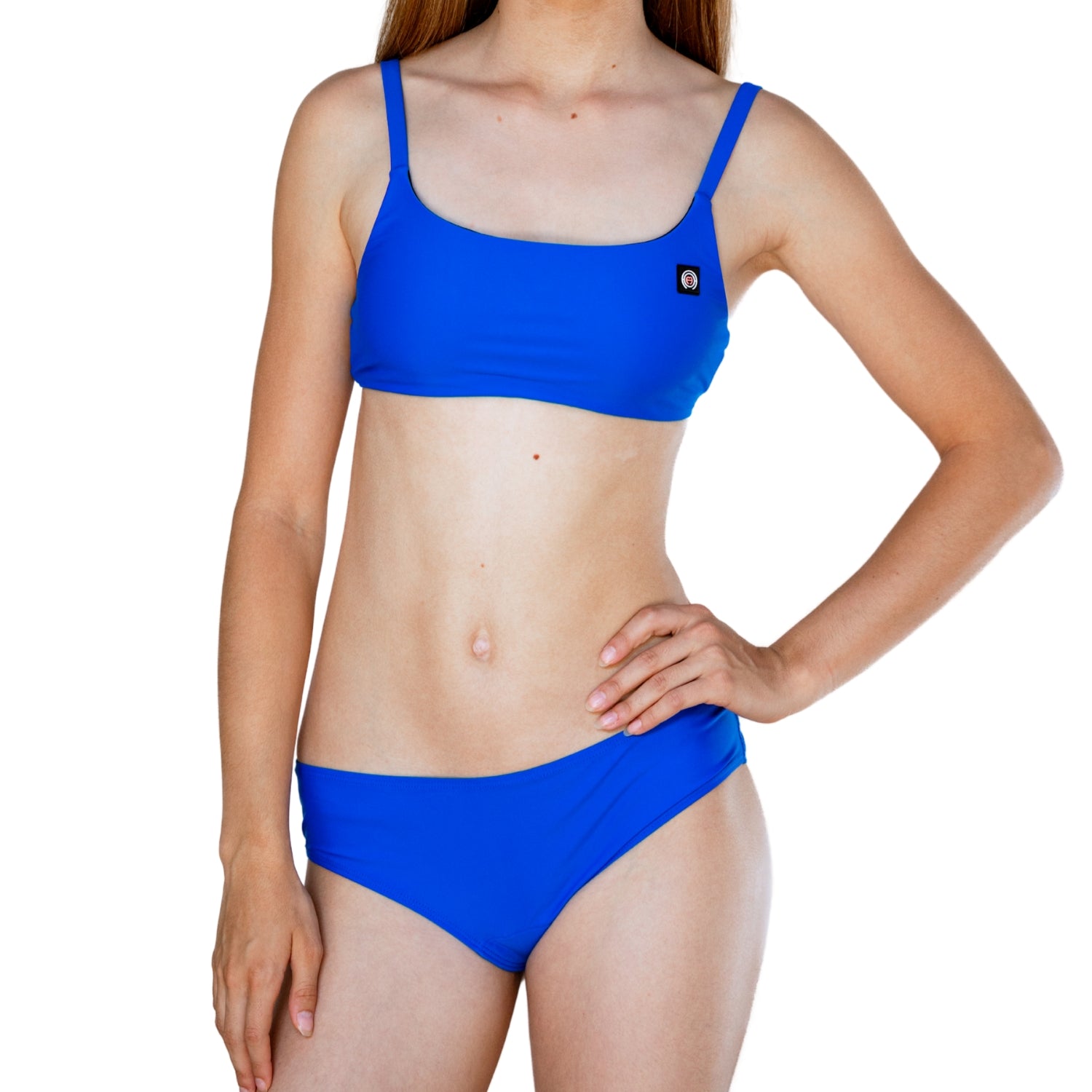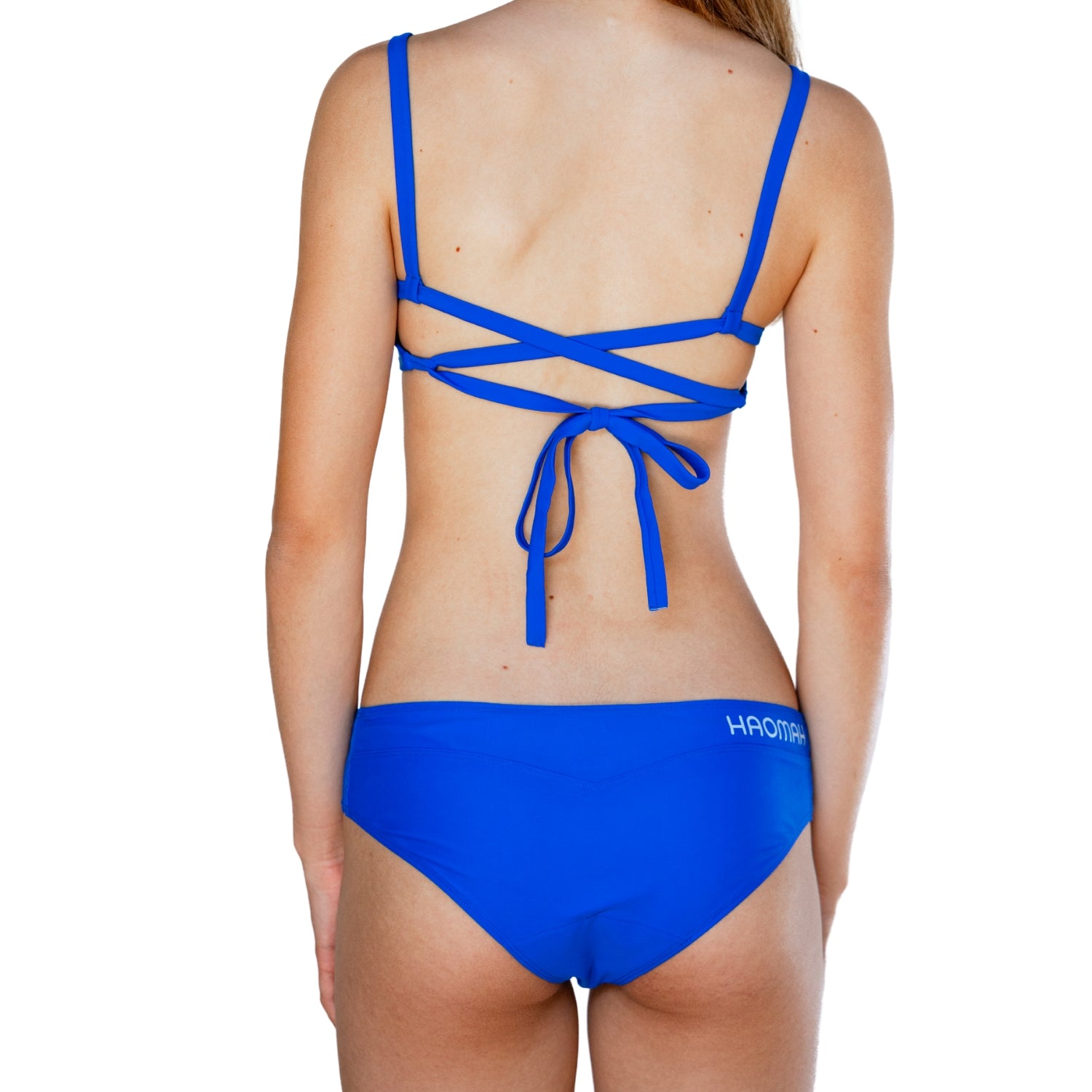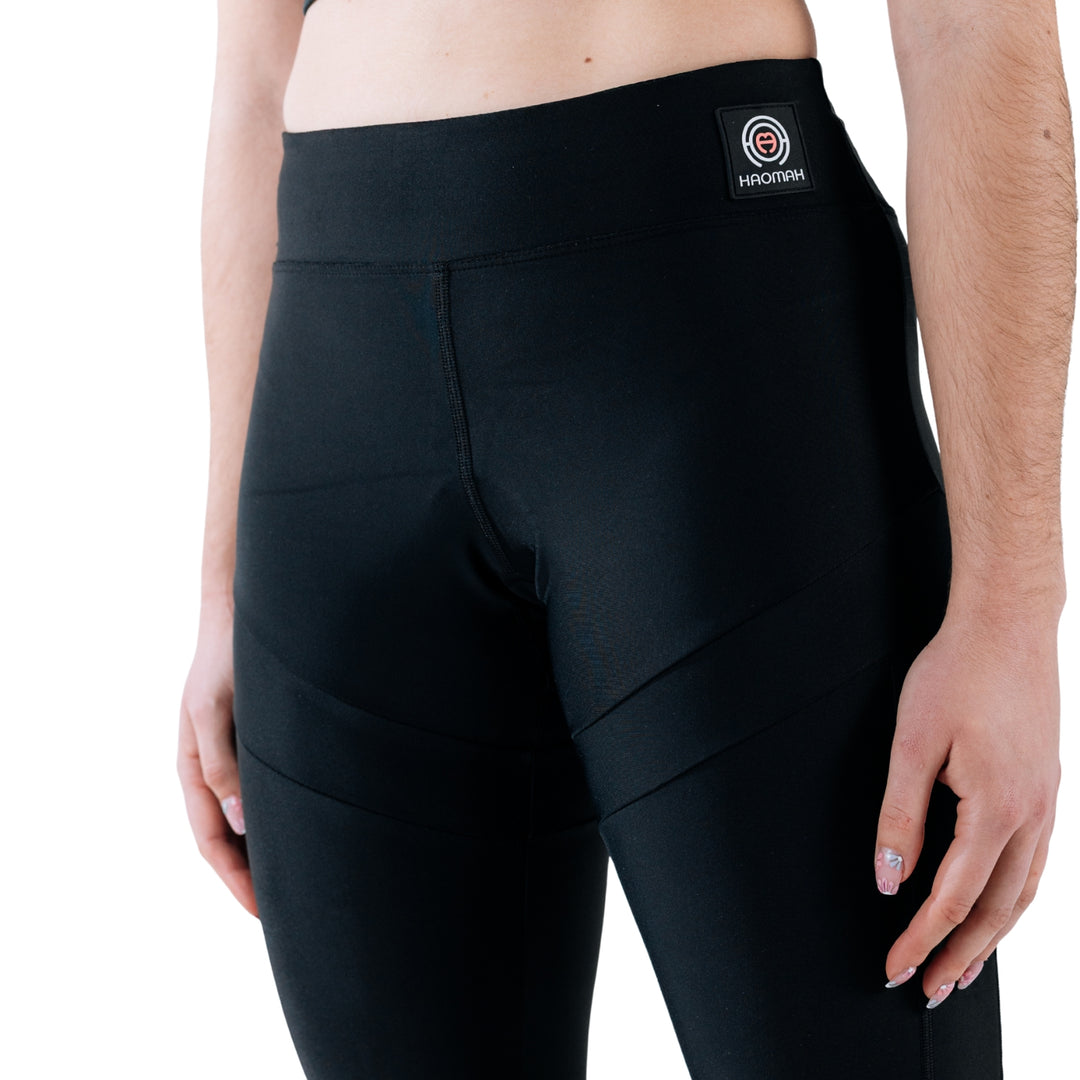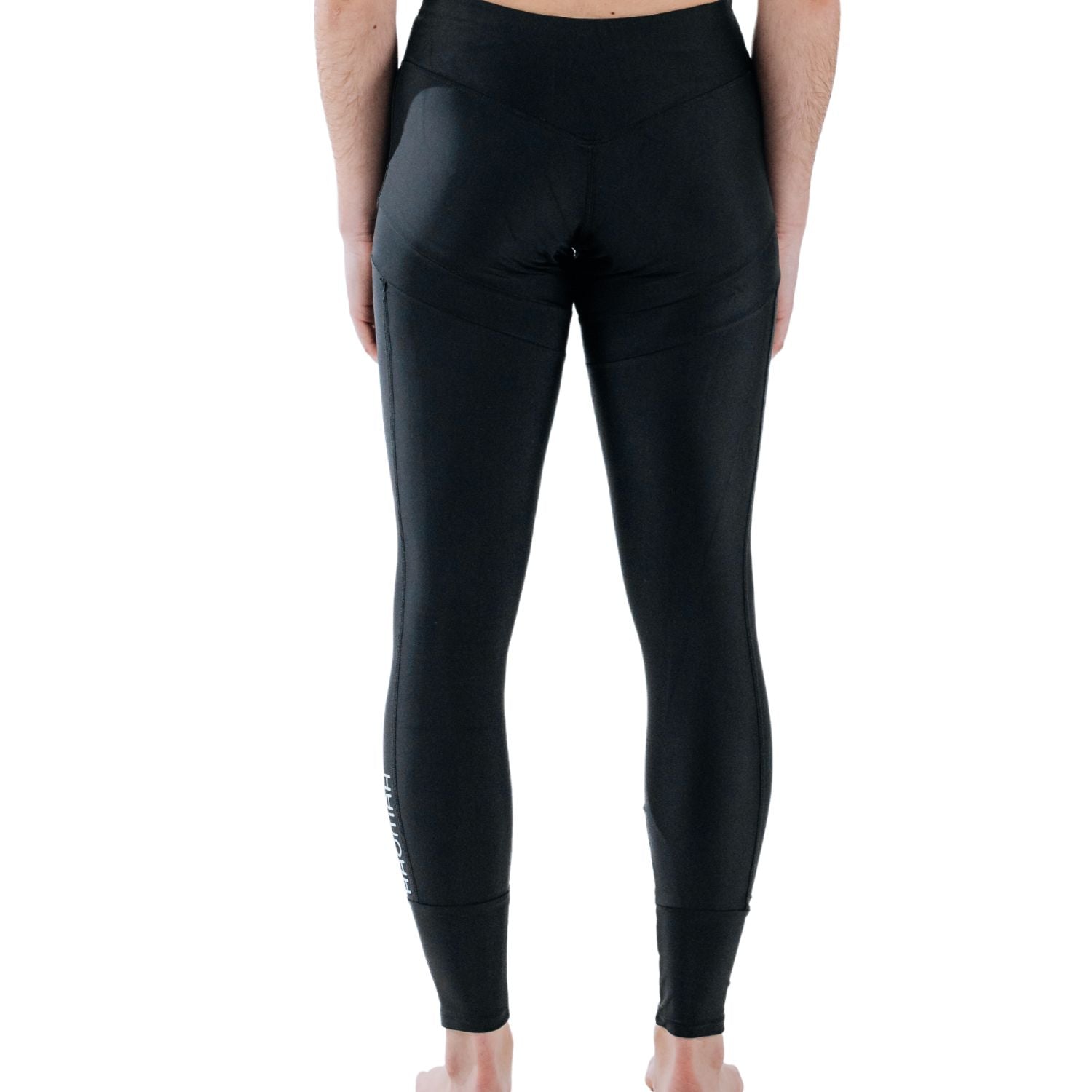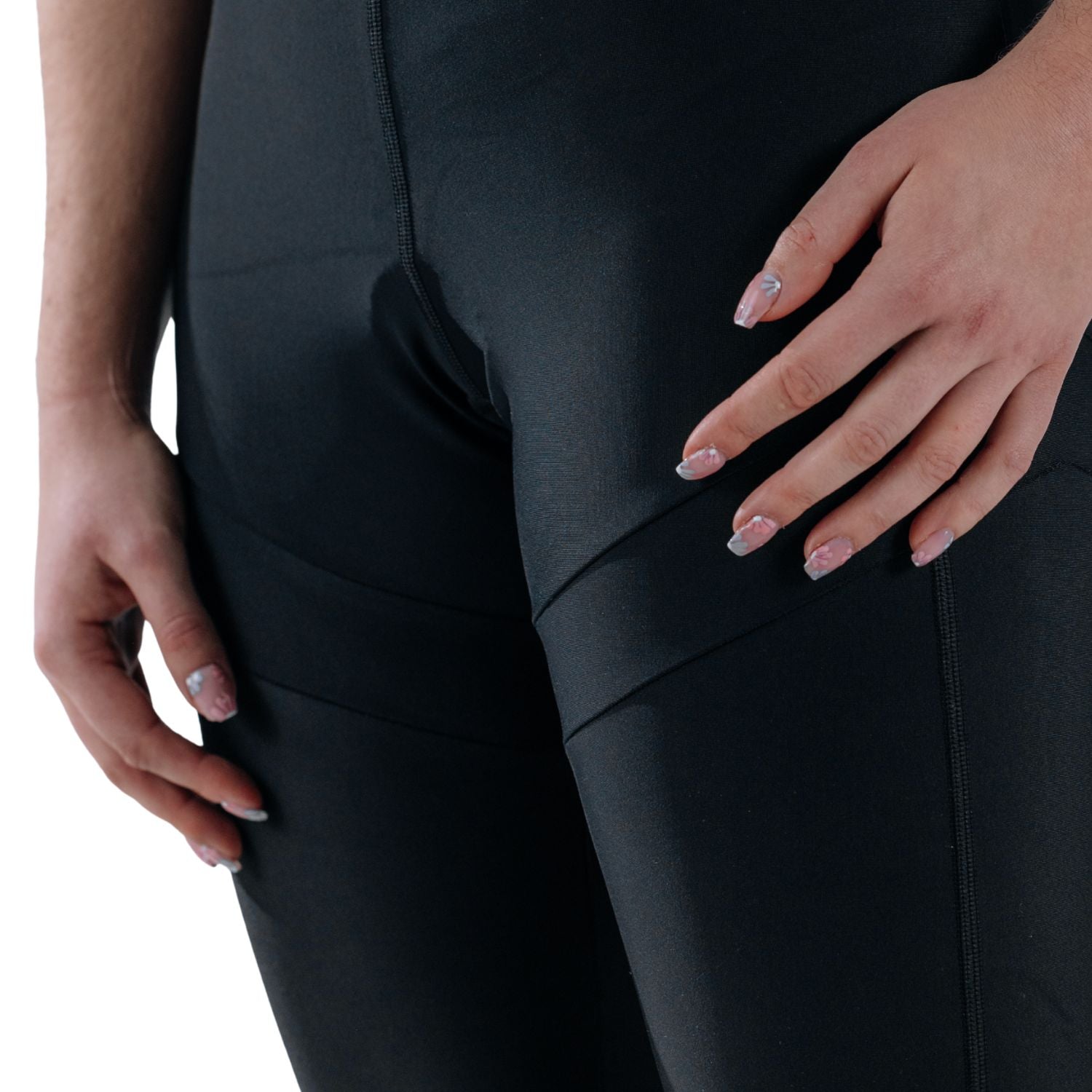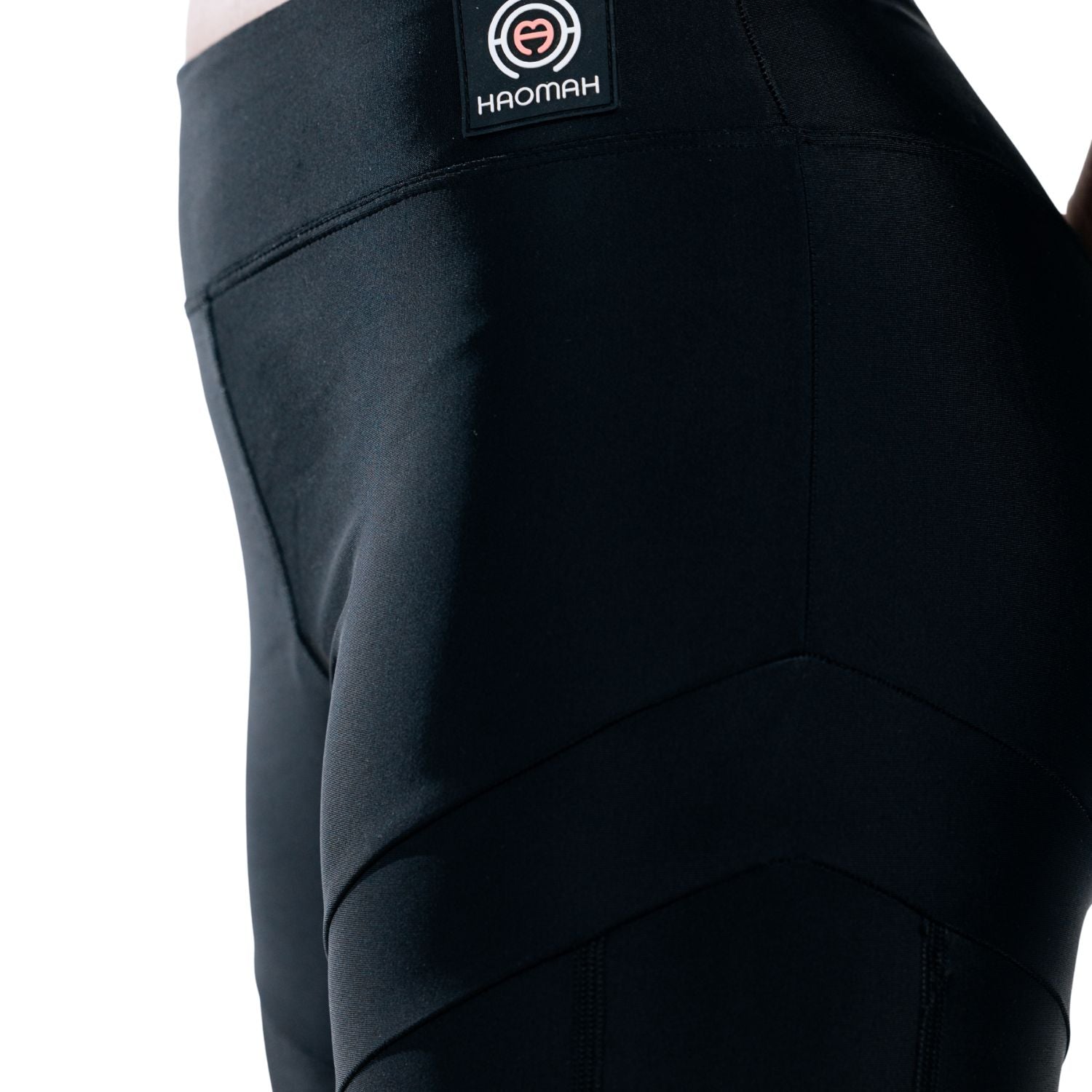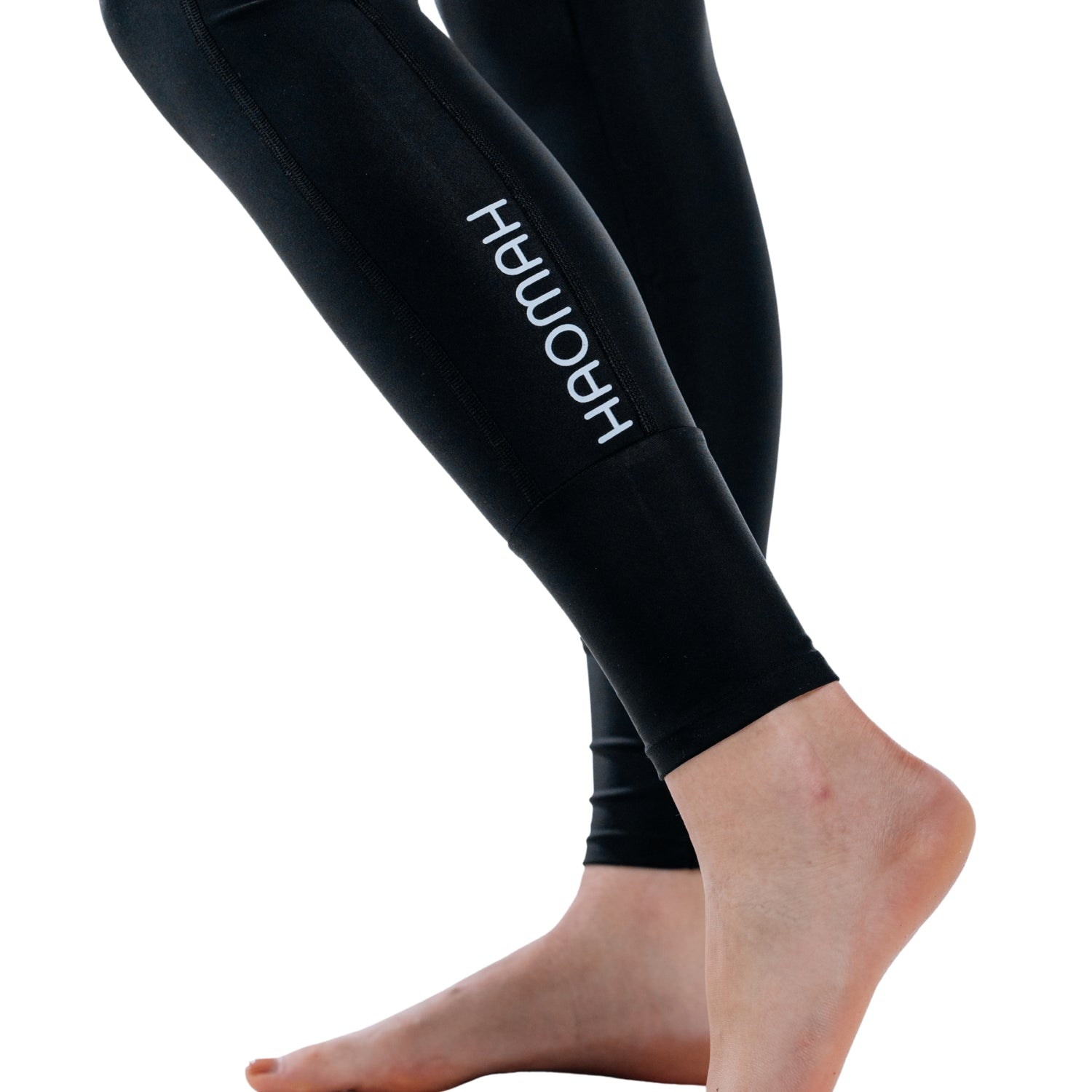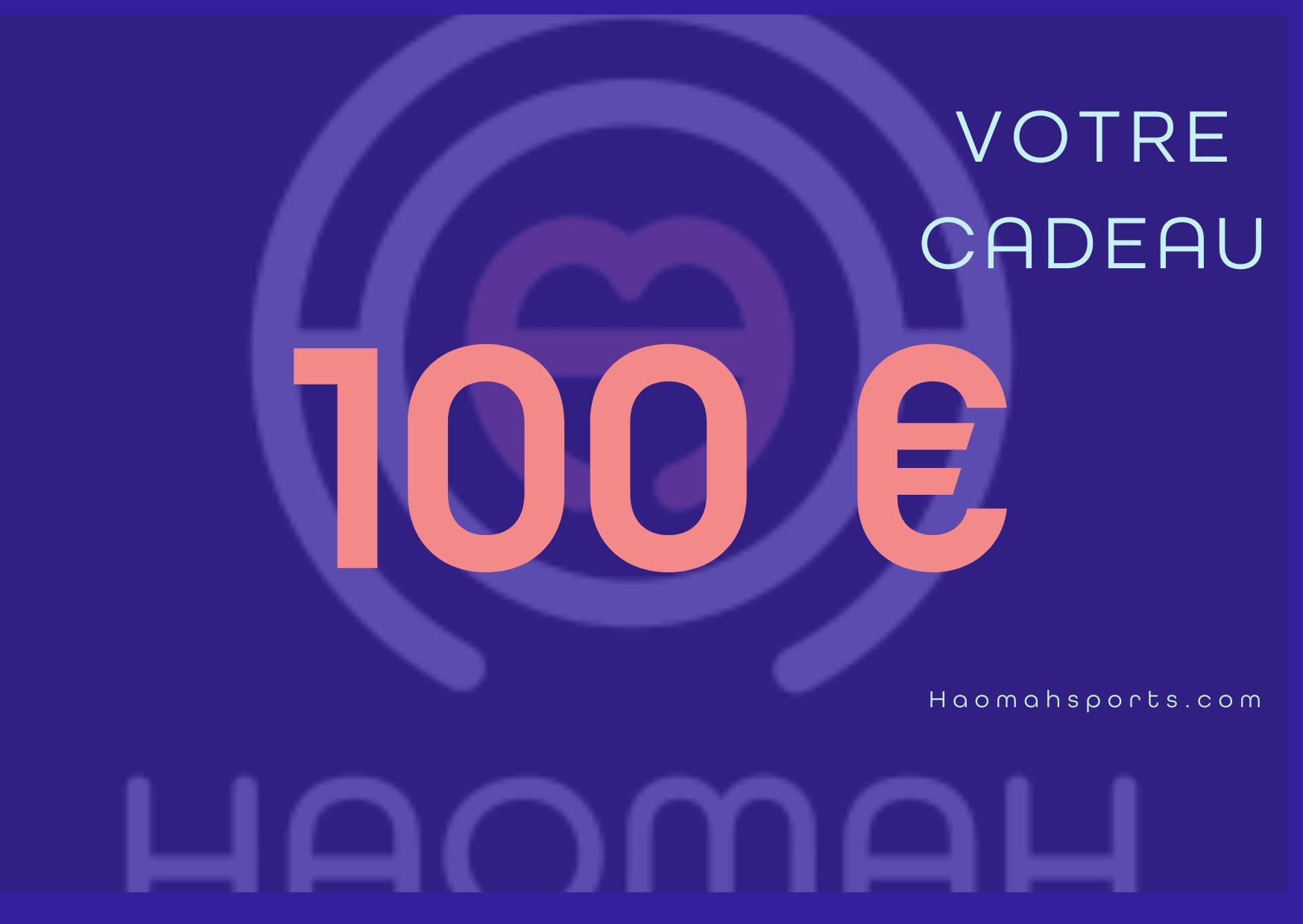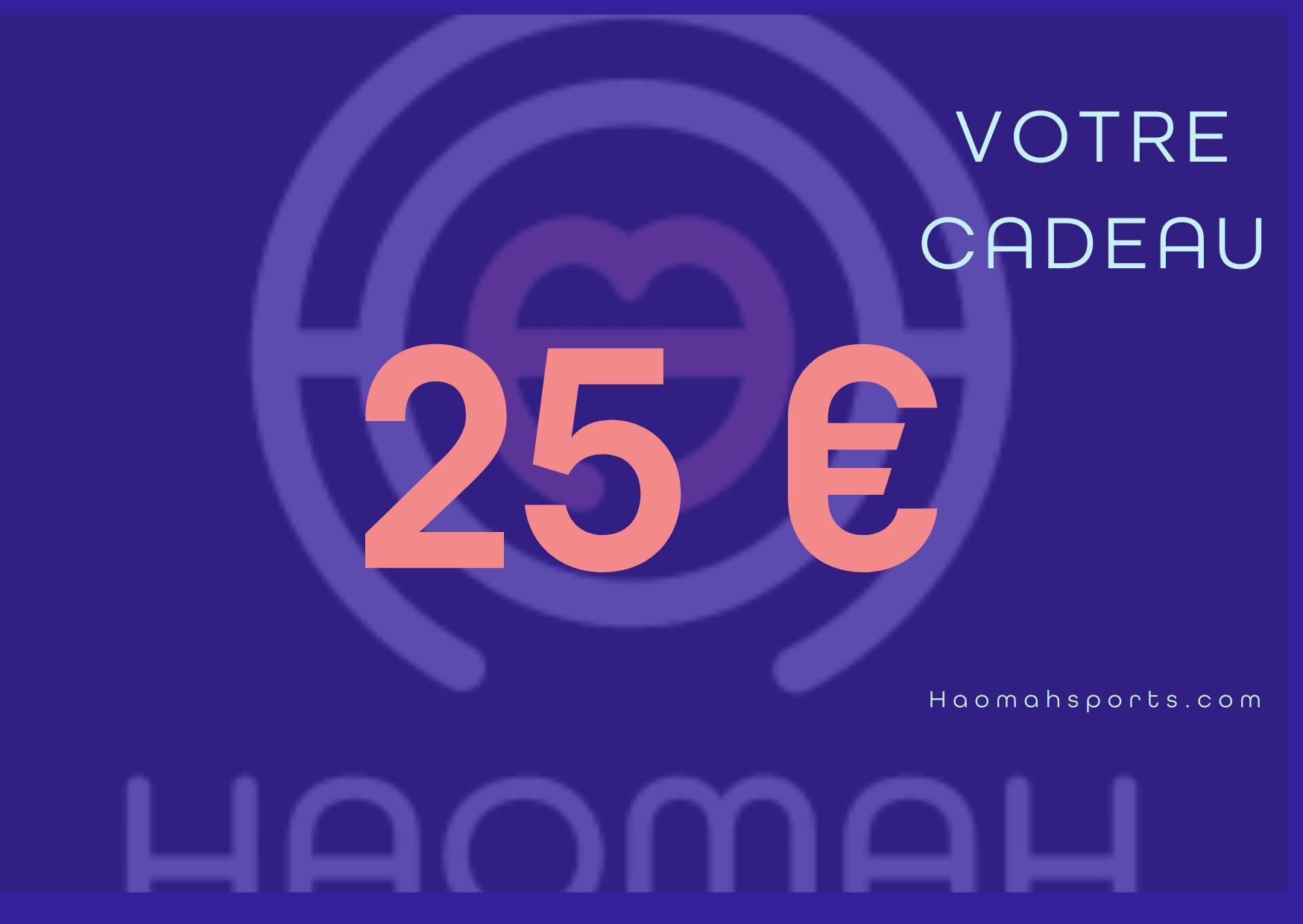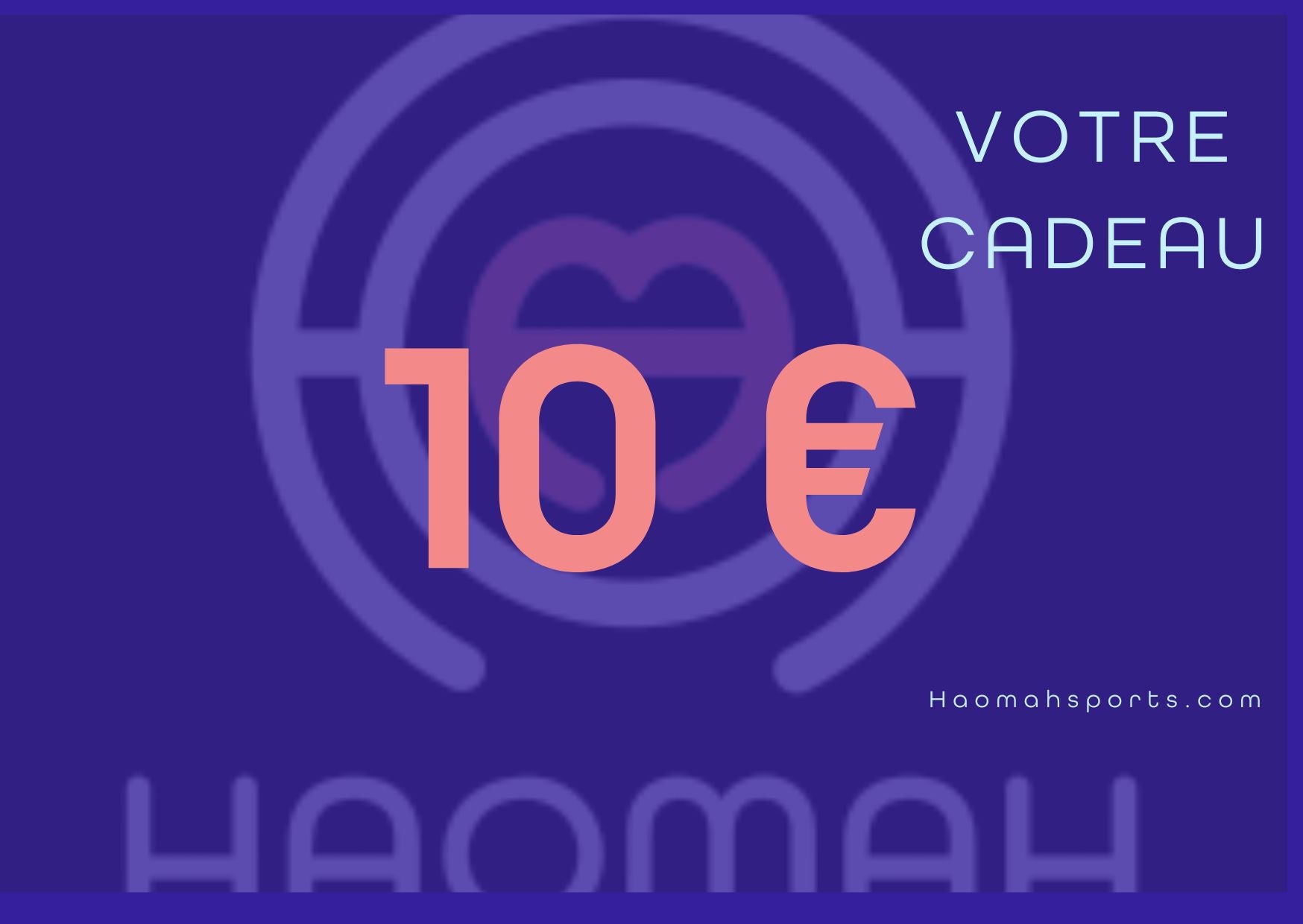Menstrual pain without a period: should you be worried if you're an athlete?
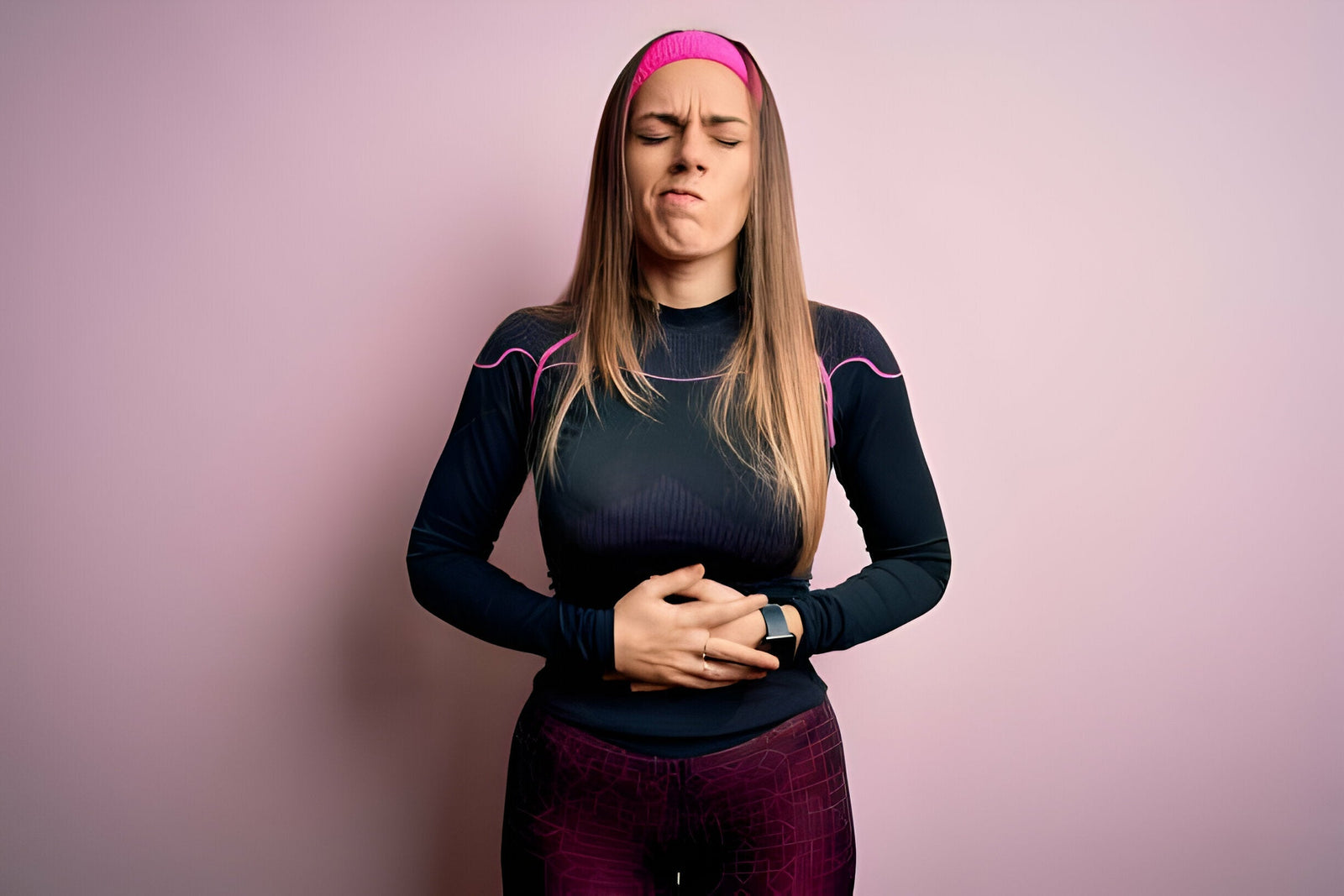
Some women experience typical menstrual pain… even when they aren't menstruating. Abdominal cramps, fatigue, lower back tension, or irritability can be surprising, especially when they aren't accompanied by any bleeding.
But what should you do when these pains occur during training or just before a competition? Is it serious? And above all, can you continue to exercise without making things worse?
When the body expresses itself even without rules
Pelvic pain outside of menstruation can have several causes. In the majority of cases, it is linked to classic hormonal fluctuations, particularly around ovulation or during the premenstrual phase. Some women experience these periods with a feeling very similar to that of menstruation: cramps, bloating, fatigue, mood swings.
These symptoms can also appear more markedly in athletic teenage girls, whose cycles are not yet completely regular. This type of pain, often misunderstood, can create real psychological discomfort, especially when practicing a demanding activity such as gymnastics, athletics, or dance.
What if it's something other than the rules?
In some cases, this pain without a period can signal something else. Pregnancy, hormonal imbalance, severe premenstrual syndrome, or even conditions like endometriosis or a pelvic infection can be the cause. There's no need to panic, but it's important to remain vigilant: if the pain is unusual or persistent, a medical consultation is recommended.
That said, this type of pain doesn't necessarily prevent you from playing sports. As long as you have the right guidelines... and the right clothes.
Continuing to train despite pain: it’s possible
Exercising when you're feeling these tensions may seem counterintuitive, but physical activity, in the right doses, often helps relieve symptoms. Movement stimulates blood circulation, releases endorphins, and can even reduce some of the pain associated with hormonal fluctuations.
The key is to adapt your effort. A gentle dance or yoga session, for example, will be more appropriate than an intensive soccer workout or a long run.
And to stay comfortable, without fear of discomfort or unexpected flow, it's best to choose the right outfit. Among the most comfortable products to wear during these uncertain times, menstrual sports panties remain a discreet and effective ally, even on "blank" days.
Relieving Discomfort in Athletic Teenage Girls
These "non-period" pains are particularly unsettling for teenage girls who are still discovering their bodies and their cycles. During a dance class, a PE competition, or a sports camp, this vague feeling of discomfort can be enough to make them lose their composure.
It is to respond to this reality that Haomah has also designed menstrual shorts for teenage girls , comfortable and reassuring. They allow you to practice any sport, even in uncertain times, without feeling exposed.
To remember
- Menstrual pain can occur even without a period, related to the cycle or other hormonal factors.
- A gentle and well-adapted sporting practice can help you cope with them better.
- Wearing technical menstrual clothing, even outside of your period, allows you to anticipate any discomfort or unforeseen events, especially during prolonged exercise or competitions.
- Haomah menstrual products are designed to support sportswomen, whatever the stage of their cycle.
FAQ
Can you have period pain without a period?
Yes, this often happens during ovulation, before your period, or when there is a hormonal imbalance. The body can send the same signals as during your period even though there is no bleeding yet.
Can I exercise with this pain?
Yes, as long as the pain is bearable. Light exercise can even relieve some symptoms. You just have to adapt your effort and listen to your body.
What clothes should you choose when you're not sure you're getting your period?
A comfortable, absorbent menstrual garment remains the best option. It eliminates the need for too many questions if an unexpected flow occurs.
Is it serious to be in pain without having your period?
Not necessarily, but if the pain becomes frequent, intense, or unusual, it's best to consult a doctor. Certain conditions, such as endometriosis, can cause these types of symptoms.






